Detoxify Your Body and Reduce Toxic Burden of Petrochemical Exposure
Maintaining a clean, healthy environment is of the utmost importance for our health. Recent statistics show an alarming rise in cancer rates, and what's more concerning is that cancer cases are increasingly affecting young people (1). This increase in cancer cases among young people has been linked to environmental health hazards such as air pollution, soil contamination, water pollution, and hazardous waste dumping. (2)
Blog Contents
Turning our Beauty Into a Beast: The Environment from a Healing Factor to a Health Hazard
Annually, anyone taking healing walks on the beautiful shoreline of the great lakes gets to observe a shoreline tainted with dead fish. Bottles, cans and old lighters can be observed even on the cleanest shorelines in Ontario. Some years, we see very few bees and others, everyone notes the scarcity of butterflies. (3)
We shrug those changes to “environmental factors” and continue our daily lives without the awareness of the beast that is being fed with all those changes.
Nature walks, for example, are scientifically proven to be healing for health. Forest bathing is shown to improve the immune system, regulate mood, decrease blood pressure and even prevent some long-term illnesses, but is a forest suffering from toxic abuse as healing? Or does our health-giving abundant mother nature turn into a health-destructive beast when we feed her poison? (4)
The Ohio Train Derailment, a Reminder of What We Feed Nature
In the early part of the year 2023, a train derailment and toxic spill occurred in the state of Ohio. It happened after a freight train derailed with several cars filled with hazardous materials. The accident caused several of the cars to overturn, spilling their contents into nearby bodies of water and onto surrounding land. (5)
As a result, local residents were evacuated from the area as a safety precaution. Several hundred acres of land became contaminated with chemicals that seeped out of the overturned tanker cars.
Workers at the site had to take extra precautions when cleaning up debris due to the potential health risks associated with exposure to these hazardous materials. The event was an unfortunate reminder that accidents like this can happen anywhere, regardless of how advanced our technology may become. (6)
Such Events Never Happen Close to Home, Or Do They?
In July 2013, a tragic oil train crash occurred in Lac-Mégantic, Quebec. The accident began when a 72-car freight train carrying crude oil derailed and caused multiple explosions in the downtown area.
The derailment and resulting conflagration destroyed dozens of buildings, including a popular pub, as well as killing 42 people and displacing many residents from their homes. An investigation by Canada's Transportation Safety Board concluded that the crash was mostly due to inadequate safety measures taken by the railway company. To this day, the incident remains one of Canada’s worst railway disasters of all time. (7)
Accidents Happen
Taking preventative measures to reduce or eliminate these environmental health hazards is essential for protecting and preserving human health. It also highlights the need for us to become more aware of our environment and take extra precautions to ensure its safety so we can remain in good health now and in the future.
Detoxify Your Body and Reduce Toxic Burden of Petrochemical Exposure
Most of the environmental contaminants that are left after spills are petrochemical in origin. Petrochemicals have the potential to have a negative effect on human health.
Exposure to petrochemical products can cause damage to organs, disrupt endocrine systems, and lead to cancer. Long-term exposure can cause respiratory illness, cardiovascular disease, and other illnesses. (8)
Low doses of petrochemicals regularly contaminate the environment, leading to unhealthy levels of air and water pollution. In addition, they also contribute to global warming through their release of greenhouse gases into the atmosphere. (9)
The Most Common Contaminants Spilled in the Ohio Derailment
Vinyl chloride is a colourless, flammable and toxic gas used in the production of polyvinylchloride (PVC) plastics. When inhaled, vinyl chloride can cause serious health hazards that include impacts on the central nervous system, liver damage, respiratory tract irritation and even cancer. (10,11)
The most common sources of exposure to vinyl chloride are from inhalation from the air in areas near factories where PVC plastic is produced or used.
Hydrogen chloride (HCl) is a colourless, water-soluble gas with a strong odour. HCl has many industrial applications, including the production of chemical intermediates and the manufacture of polyvinyl chloride (PVC).
The health hazards associated with chloride-containing chemical exposure include cancer, liver disease, neurological impairment, decreased fertility and birth defects.
Long-term exposure can also cause cardiovascular diseases due to its irreversible effects on the blood vessels. (12)
Butyl acrylate is an organic compound that belongs to the class of compounds known as acrylates. It is a colourless and flammable liquid that can be found in adhesives, sealants, plastics, paints, and printing inks.
Butyl acrylate is known to cause skin irritation and respiratory tract irritation at high concentrations. (13)
Acute exposure to butyl acrylate has also been found to cause headaches, dizziness, nausea, and vomiting in humans and animals. Sources of exposure include inhalation from the air or contact with skin or eyes. (14)
How To Maintain Health When Exposed to Chemicals
Know your food source
Filter your air
Be cautious of nature
Analyze your health
Reach out to a healthcare provider to assess your detox options
Maintaining a healthy lifestyle while exposed to chemicals can be challenging; however, there are some key steps that can help protect your well-being.
Firstly, it is important to be aware of where the food you eat comes from and how it is grown or produced. Eating organic and locally sourced foods that are free from chemicals is one of the easiest ways to reduce your daily exposure. If your local environment is contaminated, it may be better for you to seek produce that was grown in cleaner areas or produce that can demonstrate purity.
Secondly, filtering the air in your home and workplace with HEPA filters can reduce chemical exposure. It is important to keep in mind that when contaminants enter confined areas, they are much more likey to concentrate and become trapped. Assessing your living space for air contamination is a vital component of health.
Thirdly, when spending time outdoors be aware of your surroundings and any potential hazards or pollutants. If you are made aware that your city is spraying pesticides to target a specific insect, for example, try your best to stay away from areas that are newly sprayed. Additionally, keep in mind that areas, where there is a history of chemical contamination, may remain contaminated for decades after the spill, depending on the chemicals spilled. Thus, it is important to always take caution when spending time outdoors.
Fourthly, regularly monitor your health through adequate care and self-assessments. If you are ever made aware that your environment is contaminated, blood tests can reveal the toxic burden in your body. It is imperative to note that some people are more efficient at detoxing. This means that two individuals living in the same environment may have very different toxic burdens.
Finally, seek advice from a healthcare professional to determine if you need assistance in detoxing from any harmful chemicals. It is important to check the function of your detox organs and slowly, find ways to reduce your toxic burden without overloading your body with processing a large number of toxins in a short period of time.
Spirulina for Long-term Detox
Spirulina has been shown to have a wide range of benefits when it comes to detoxing the body, with scientific evidence proving its efficacy in addressing petrochemical load. It is a safe and natural way to rid the body of harmful toxins that can build up over time. (15)
Research shows that spirulina can be used to detoxify radioactive waste and petrochemicals from the body, with studies demonstrating that it effectively binds to heavy metals and other pollutants, trapping them in its cell walls. The binding of these toxins makes them easier for the body to eliminate through urine or feces.
Moreover, spirulina has been seen to reduce levels of cholesterol, triglycerides, and LDL (the ‘bad’ cholesterol), making it beneficial for heart and liver health. It also helps protect against oxidative damage caused by free radicals in the stomach and kidneys, making it an effective detoxifier for these organs as well. (16)
In summary, if you're looking to detoxify your body and reduce toxic burden of petrochemical exposure spirulina is an excellent choice for those looking for a safe and natural way to detoxify their bodies from petrochemicals and radioactive waste. It can help protect against oxidative damage as well as improve liver, heart, stomach, and kidney health all at once - providing numerous lasting benefits in just one supplement! (17)
NAC for Lung Detox
N-acetylcysteine (NAC) is a powerful antioxidant, which helps to detoxify the body. It has been found to be effective in helping to remove petrochemicals from the body and supporting liver health. Studies have also shown NAC can be beneficial for people who are exposed to air pollutants, like those living in highly polluted areas. (18)
Specifically, NAC can help reduce oxidative damage that occurs due to exposure to air pollutants, as well as improve lung function.
N-acetylcysteine (NAC) has become increasingly popular in holistic health circles as a safe and effective detoxifier of petrochemicals from the body. Scientific studies have shown that NAC is capable of removing petroleum hydrocarbons, including benzene and toluene, from the body by increasing the production of glutathione, an antioxidant that helps rid the body of toxins. (19)
Furthermore, research suggests that NAC helps reduce inflammation in the lungs and may be able to protect against air pollution-related illnesses like asthma. Additionally, NAC can help support liver health by reducing oxidative stress caused by petrochemicals and other environmental toxins.
It is believed to do this through its ability to increase glutathione levels in the liver, which helps protect against damage from free radicals. These benefits make NAC an important detoxification tool for people who are exposed to environmental pollutants or inhale a lot of air pollution. (20)
Humic and Fulvic Acids
Humic and fulvic acids are two of the most important substances that help to detoxify the body. They are found in humif-ulvates, which are a combination of humic and fulvic acids that have been extracted from humus-rich soils.
Scientific research has shown that these acids, especially when taken as part of a supplement, have a detoxifying effect on the body by binding with and drawing out toxins such as heavy metals, pesticides, herbicides and other petrochemicals from within the organs and cells. Studies have also confirmed their safety for long-term use. (21, 22)
The importance of Humifulvates to detox without depleting the body cannot be overstated. These substances act like magnets, attracting toxins and other harmful substances to themselves so they can be removed from the body without causing damage or depletion.
In addition to their ability to draw out foreign contaminants, they also help supply important minerals needed for proper metabolic functioning like zinc, magnesium, selenium and potassium (23).
Moreover, since capillary permeability is enhanced with Humifulvates intake there is an improved delivery of oxygen to cells throughout the body leading to better overall health. Finally, Humifulvates supplementation can lead to lower levels of petrochemical load in the body due to their strong binding capacity with sometimes persistent compounds like polycyclic aromatic hydrocarbons (PAHs), which are often associated with petroleum products like gasoline and diesel fuels. (24,25)
Overall, Humifulvates can be a safe and effective way to help rid the body of toxins without depleting essential minerals or nutrients needed for optimal health. They are an invaluable tool for those looking for ways to achieve better health naturally without any harsh side effects. (23,25)
The Importance of Vitamin C for Detox
Vitamin C is an essential nutrient for detoxing the body. It has been linked to a number of positive health benefits, including helping the body flush out toxins, stimulating immune system activity and aiding in wound healing. In terms of detoxing specifically, vitamin C is thought to help the body break down and eliminate toxic materials from cells and tissues. (26)
Specifically, it helps convert unhealthy fats into energy sources that can be used by the body to fuel processes such as muscle repair or flushing out toxins.
Additionally, vitamin C plays a role in improving liver function and aiding in the synthesis of glutathione, which is an important antioxidant. This means it can help protect cells from damage caused by free radicals that are produced during detoxification processes.
In addition to its role in detoxification, Vitamin C also has many other beneficial effects on your overall health. It helps support immunity against disease-causing microorganisms and can even reduce inflammation caused by infections or irritation of the skin and mucous membranes.
Vitamin C also helps with wound healing, collagen production and increasing absorption of iron from foods that you eat. All these factors make vitamin C an integral part of any detox protocol as it helps support all stages of detoxification - from breaking down toxins to eliminating them from your body - thus providing maximum protection from any potential harm due to toxicity exposure (27).
Furthermore, vitamin C can be taken both internally (through supplements) or externally (by applying topically on skin) depending on your needs – making it a very versatile remedy as part of any comprehensive detox program.
In conclusion, Vitamin C is an important component for any successful detox protocol as it provides numerous health benefits like toxin elimination, immune boosting and wound healing – making it essential for anyone looking to improve their overall well-being through cleansing their system.
Botanicals for Detox
The scientific evidence of the importance of botanicals such as black seed oil, milk thistle, and other detoxifying herbs is undeniable. Black seed oil is a powerful antioxidant and anti-inflammatory, which helps to protect cells from damage caused by free radicals, toxins, and environmental contaminants.
Milk thistle is also known for its detoxifying benefits due to its active constituents silymarin and silibinin, which have been found to have hepatoprotective (liver-protective) properties. Additionally, many other botanicals have been found to support detoxification in various ways, such as supporting immunity, aiding digestion, aiding elimination of toxins through the liver or kidneys, and improving digestion.
Turmeric contains curcuminoids that help the body with reducing inflammation during times of detox
Ginger helps flush bile out of the body; oregano has antifungal properties that help fight off parasites
Burdock root helps cleanse the blood;
Dandelion supports digestion and increases bile flow for better toxin elimination
Cilantro has chelating properties that can help remove heavy metals from the body
Chlorella helps bind to toxins and escort them out of the body
Artichoke helps boost liver function
Licorice root helps support glutathione production so that cells can more efficiently remove toxins
Echinacea stimulates lymphatic drainage so toxins can be eliminated more quickly
These botanicals serve an important role in promoting good health by helping our bodies eliminate harmful toxins.
Not only do they offer therapeutic benefits on their own but they can also be compounded into custom herbal formulas designed specifically for targeted detoxification needs. By taking advantage of both modern science and ancient plant medicine practices, one can support their body’s natural ability to cleanse itself safely without unwanted side effects.
Black Seed for Detox
Black seed oil is a powerful natural remedy that has been used for centuries to cleanse the liver and aid toxin detoxification. It contains thymoquinone, an active ingredient that helps the body break down toxins and helps to protect the liver from damage. (28)
Black seed oil also benefits the lungs, as it has anti-inflammatory properties which help reduce chest congestion and improve respiratory tract health. Black seed oil can be a stabilizer for the immune system when it is exposed to toxins, helping to reduce inflammation in the body caused by toxic exposure. (29, 30)
The antioxidant properties of black seed oil help protect cells from damage caused by free radicals, reducing oxidative stress and helping to support overall health. In addition, black seed oil assists with clearing out any remaining toxins and helps stimulate bile production to flush them out of the body more effectively.
Nature's generous bounty is ceaseless, providing us with detox tools and healing remedies when we are faced with the consequences of our own mistakes.
As always, nature remains our devoted healer, even as we persist to misuse our precious resources.
20 Ways We Can Play a Role In Healing Our Body and Nature
1. Choose eco-friendly products when possible (e.g., buy organic food that is locally grown, and use reusable bags instead of plastic)
2. Install energy-efficient appliances (e.g., LED light bulbs, washing machines, etc.).
3. Use public transport or bike instead of driving a car
4. Reduce water consumption by taking shorter showers and using low-flow fixtures in your home. Consider installing a shower filter to get rid of toxic substances. Also, consider re-evaluating your personal care products as many contain endocrine disruptors
5. Purchase energy generated from renewable sources such as solar or wind energy to power your home or business operations
6. Practice composting to reduce waste sent to landfills and create compost for gardens or potted plants instead of using chemical fertilizers. A perfectly manicured lawn that is full of chemicals is a health hazard for you before the environment
7. Plant trees to absorb carbon dioxide from the atmosphere; they also reduce air pollution in urban areas by breaking down pollutants released from vehicles and factories. Plant flowers for bees and try to feed hummingbirds!
8. Encourage green practices at work – reducing paper usage, turning off unused lights and computers when not in use, etc . Keep in mind that not all paperless options are better for the environment
9. Collect rainwater for watering plants and other common uses instead of relying on municipal water supply. Keep in mind that your collected rainwater is as clean as your city is. Even with all the air contamination, however, most plants enjoy chlorine-free water more
10. Donate unwanted items instead of throwing them away." Reuse items like glass jars as containers for food storage at home or for packing lunch for work/school. Buying second-hand is not only good for the environment, but it is also good for saving money
11. Utilize natural cleaning methods in the household - avoid toxic chemicals that can ultimately end up in the environment. Water, lemon juice and vinegar can get most cleaning jobs done. Utilize good quality essential oils for fragrance. Toxic load can significantly add up, human exposure to toxins can create a huge body burden over time)
12. Practise minimalism when it comes to purchasing new things - look at ways you can reuse existing products before buying new ones. Remember that every item you buy will need to be managed, cared for, stored and one day, discarded! The stress of keeping a clean, organized environment can significantly impact chronic disease
13. Use natural fabrics like cotton, hemp, bamboo, etc., which are more sustainable than conventional fabrics such as polyester which require a lot of resources to manufacture. Keep in mind that some fabrics do add to our toxin exposure. This includes fabrics treated with flame retardants
14. Avoid single-use plastic items such as straws, grocery bags, cutlery, etc.. Look for alternatives such as reusable cloth bags for shopping trips. Eliminating single-use everyday products makes a huge difference in the long run)
15. Purchase recycled products when available – this lowers their environmental impact than if they were manufactured from raw materials
16. Buy products with less packaging – this helps reduce unnecessary waste from being deposited into landfills/oceans
17. Pick up litter on local beaches or parks - help keep our environment clean!
18. Avoid burning any combustible materials - this releases numerous toxins into our air that can be hazardous to human health and the environment alike. Also keep in mind that your home may contain environmental toxic factors such as lead paint. Indoor air pollution can be hard to eliminate. It is always important to air out your living space
19. Reduce meat consumption - consuming less meat contributes less carbon emissions associated with livestock production into our atmosphere". Keep in mind that cooking meat on very high temperatures is linked to several health problems, including the increased risk of some cancers
20. Use online services when possible rather than driving to an office or store – this helps reduce fuel emissions associated with transportation. Keep in mind, however, that those services may harm the economy as they may not be local. Walking to a nearby store is much more environmentally friendly than buying any item online from across the sea
Article References:
Lang D, Ciombor KK. Diagnosis and management of rectal cancer in patients younger than 50 years: rising global incidence and unique challenges. Journal of the National Comprehensive Cancer Network. 2022 Oct 1;20(10):1169-75.
Ames BN, Gold LS. Environmental pollution, pesticides, and the prevention of cancer: Misconceptions 1. The FASEB journal. 1997 Nov;11(13):1041-52.
Jerrett M, Finkelstein MM, Brook JR, Arain MA, Kanaroglou P, Stieb DM, Gilbert NL, Verma D, Finkelstein N, Chapman KR, Sears MR. A cohort study of traffic-related air pollution and mortality in Toronto, Ontario, Canada. Environmental health perspectives. 2009 May;117(5):772-7.
Gordon AG, Gorham E. Ecological aspects of air pollution from an iron-sintering plant at Wawa, Ontario. Canadian Journal of Botany. 1963 Jul 1;41(7):1063-78.
Ramachandra V. Machine learning based time series forecasting of chemical levels from the East Palestine, Ohio train derailment site. medRxiv. 2023:2023-03.
Oxford Analytica. Ohio derailment and spillage becomes political issue. Emerald Expert Briefings. 2023 Feb 17(oxan-es).
Généreux M, Petit G, Maltais D, Roy M, Simard R, Boivin S, Shultz JM, Pinsonneault L. The public health response during and after the Lac-Mégantic train derailment tragedy: a case study. Disaster Health. 2014 Jul 3;2(3-4):113-20.
Sharma A, Sharma P, Sharma A, Tyagi R, Dixit A. Hazardous Effects of Petrochemical Industries: A. petrochemical technology. 2017;13(3):1-7.
Marquès M, Domingo JL, Nadal M, Schuhmacher M. Health risks for the population living near petrochemical industrial complexes. 2. Adverse health outcomes other than cancer. Science of the total environment. 2020 Aug 15;730:139122.
Patrick S. Practical guide to polyvinyl chloride. iSmithers Rapra Publishing; 2005.
Jaakkola JJ, Knight TL. The role of exposure to phthalates from polyvinyl chloride products in the development of asthma and allergies: a systematic review and meta-analysis. Environmental health perspectives. 2008 Jul;116(7):845-53.
Barrow CS, Alarie Y, Warrick JC, Stock MA. Comparison of the sensory irritation response in mice to chlorine and hydrogen chloride. Archives of Environmental Health: An International Journal. 1977 Mar 1;32(2):68-76.
Tuček M, Tenglerova J, Kollarova B, Kvasničková M, Maxa K, Mohyluk I, Švandová E, Topolčan O, Vlasak Z, Cikrt M. Effect of acrylate chemistry on human health. International archives of occupational and environmental health. 2002 Jul;75:67-72.
Murphy SR, Davies JH. Butyl acrylate health effects overview. Boca Raton, Fla.: CRC Press; 1993 Aug 19.
Ali SK, Saleh AM. Spirulina-an overview. International journal of Pharmacy and Pharmaceutical sciences. 2012 Mar 4;4(3):9-15.
Serban MC, Sahebkar A, Dragan S, Stoichescu-Hogea G, Ursoniu S, Andrica F, Banach M. A systematic review and meta-analysis of the impact of Spirulina supplementation on plasma lipid concentrations. Clinical nutrition. 2016 Aug 1;35(4):842-51.
Murali O, Mehar SK. Bioremediation of heavy metals using Spirulina. Int J Geol Earth Environ Sci. 2014;4(1):244-9.
Rhoden CR, Lawrence J, Godleski JJ, González-Flecha B. N-acetylcysteine prevents lung inflammation after short-term inhalation exposure to concentrated ambient particles. Toxicological Sciences. 2004 Jun 1;79(2):296-303.
Dick CA, Brown DM, Donaldson K, Stone V. The role of free radicals in the toxic and inflammatory effects of four different ultrafine particle types. Inhalation toxicology. 2003 Jan 1;15(1):39-52.
Kelly GS. Clinical applications of N-acetylcysteine. Alternative medicine review: a journal of clinical therapeutic. 1998 Apr 1;3(2):114-27.
Helal AA, Imam DM, Khalifa SM, Aly HF. Interaction of pesticides with humic compounds and their metal complexes. Radiochemistry. 2006 Jul;48:419-25.
Winkler J, Ghosh S. Therapeutic potential of fulvic acid in chronic inflammatory diseases and diabetes. Journal of diabetes research. 2018 Sep 10;2018.
Winkler J, Ghosh S. Therapeutic potential of fulvic acid in chronic inflammatory diseases and diabetes. Journal of diabetes research. 2018 Sep 10;2018.
Goenadi DH. Fulvic acid–a small but powerful natural substance for agricultural and medical applications. Menara Perkebunan. 2021 May 28;89(1).
van Rensburg CE. The antiinflammatory properties of humic substances: a mini review. Phytotherapy Research. 2015 Jun;29(6):791-5.
Pehlivan FE. Vitamin C: An antioxidant agent. Vitamin C. 2017 Aug 2;2:23-35.
Michels AJ, Hagen TM, Frei B. Human genetic variation influences vitamin C homeostasis by altering vitamin C transport and antioxidant enzyme function. Annual review of nutrition. 2013 Jul 17;33:45-70.
Alarifi S, Aldahmash B, El-Nagar D, Dkhil M. Effect of corn oil, flaxseed oil and black seed oil on lead acetate-induced hepatic tissue damage: A histological study. J Med Plants Res. 2012 Jun 28;6(24):4128-34.
El-Beshbishy HA, Mohamadin AM, Nagy AA, Abdel-Naim AB. Amelioration of tamoxifen-induced liver injury in rats by grape seed extract, black seed extract and curcumin.
Hosseini SM, Razmgah GR, Nematy M, Esmaily H, Yousefi M, Kamalinejad M, Mosavat SH. Efficacy of black seed (Nigella sativa) and lemon balm (melissa officinalis) on non-alcoholic fatty liver disease: A randomized controlled clinical trial. Iranian Red Crescent Medical Journal. 2018 Mar 1;20(3):e59183.











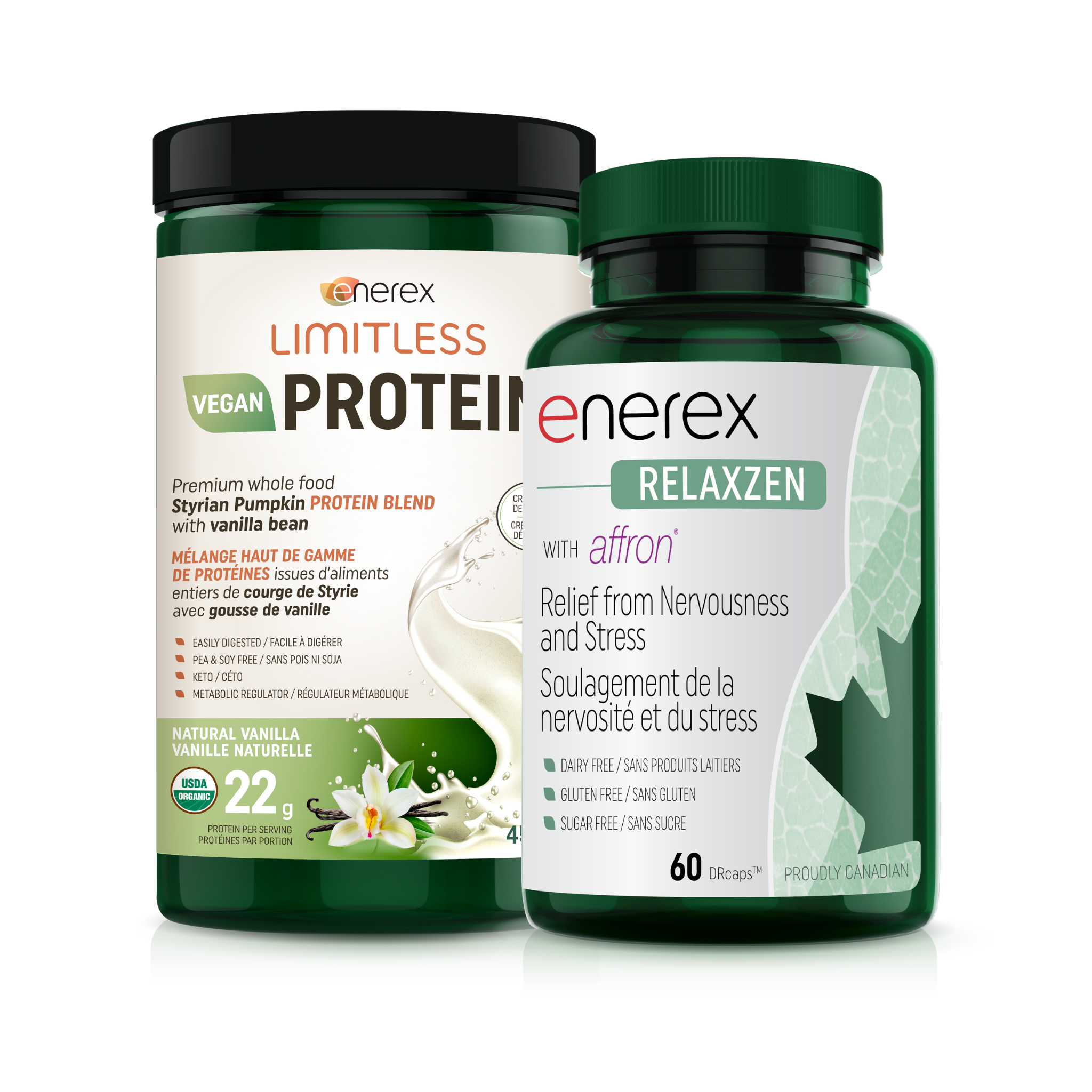
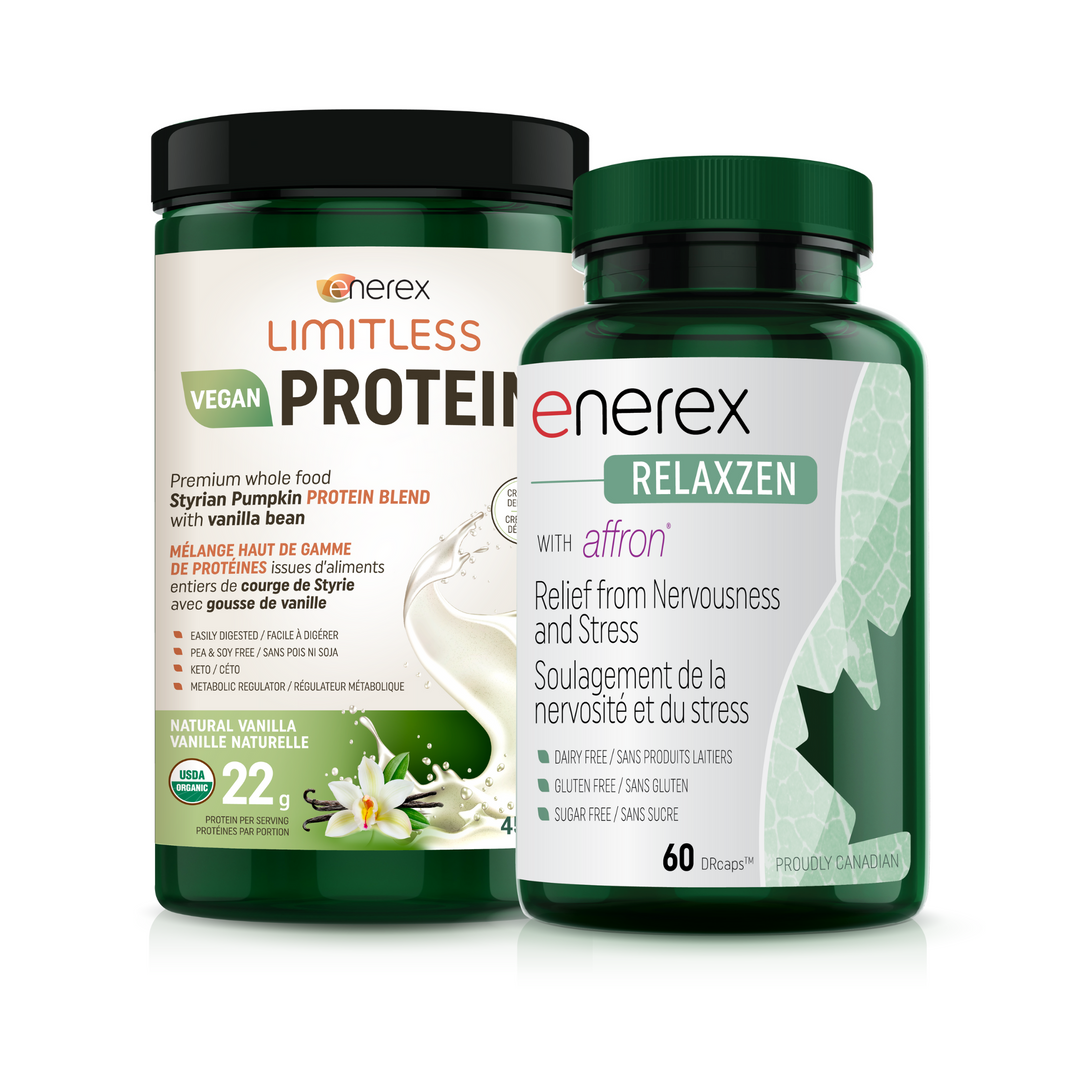
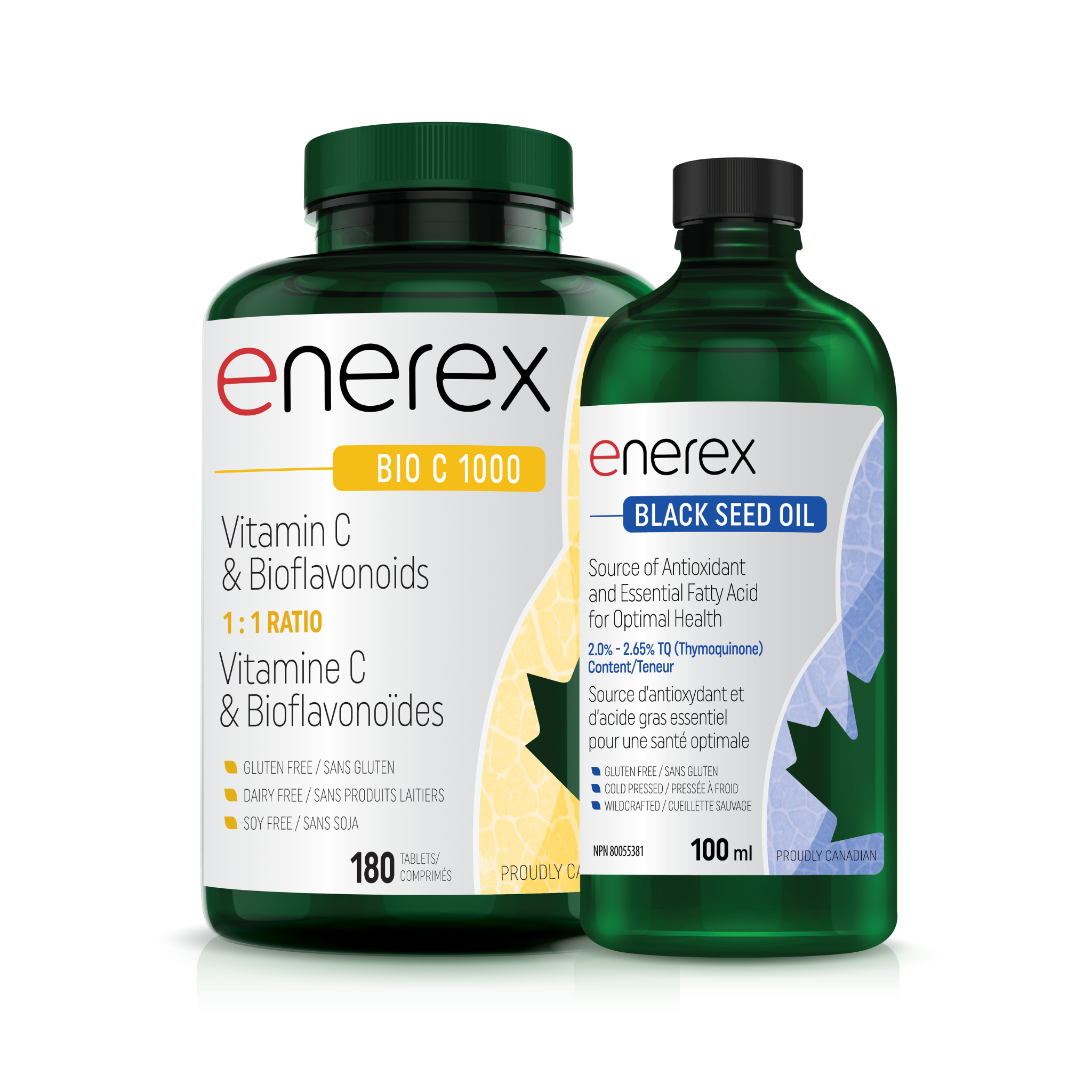
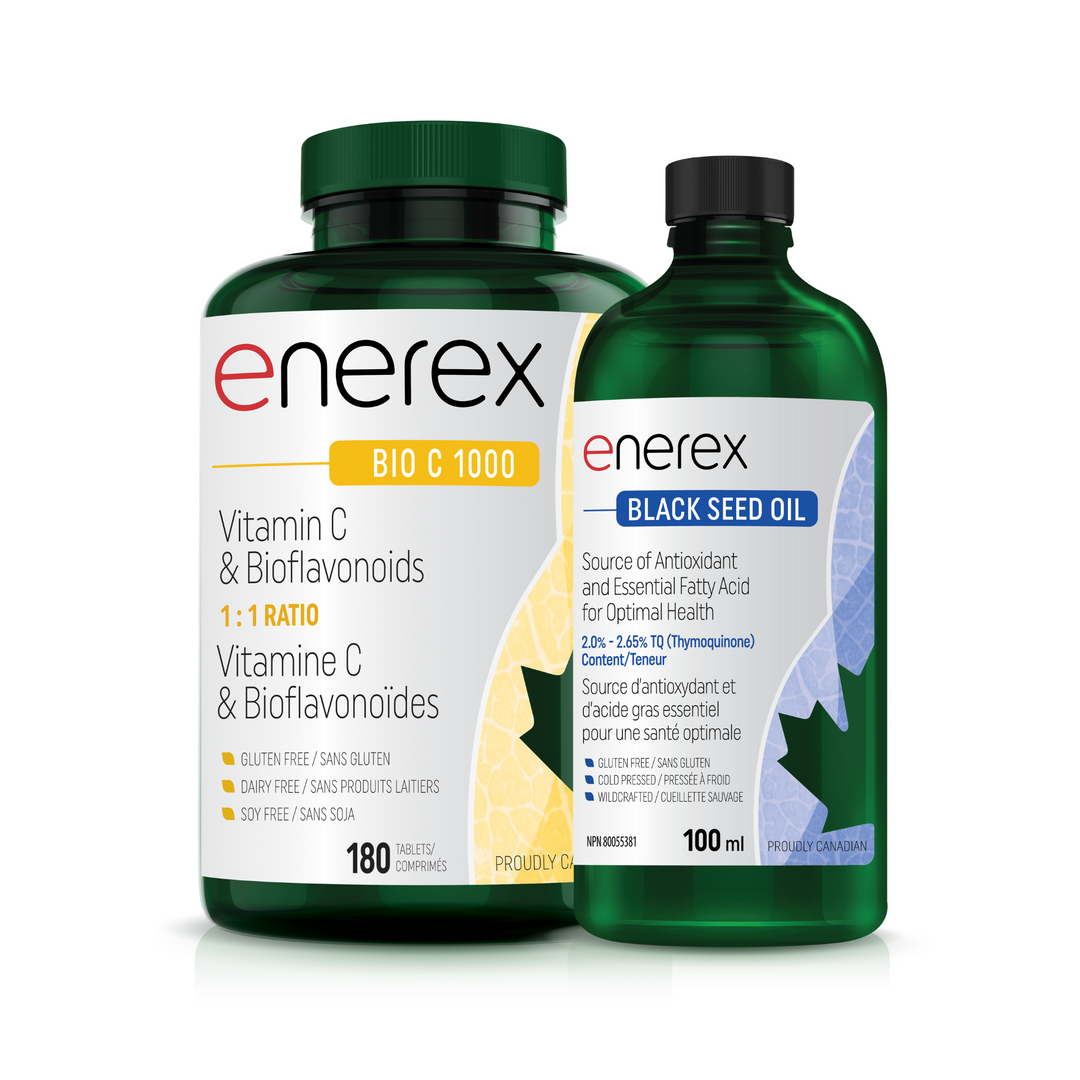
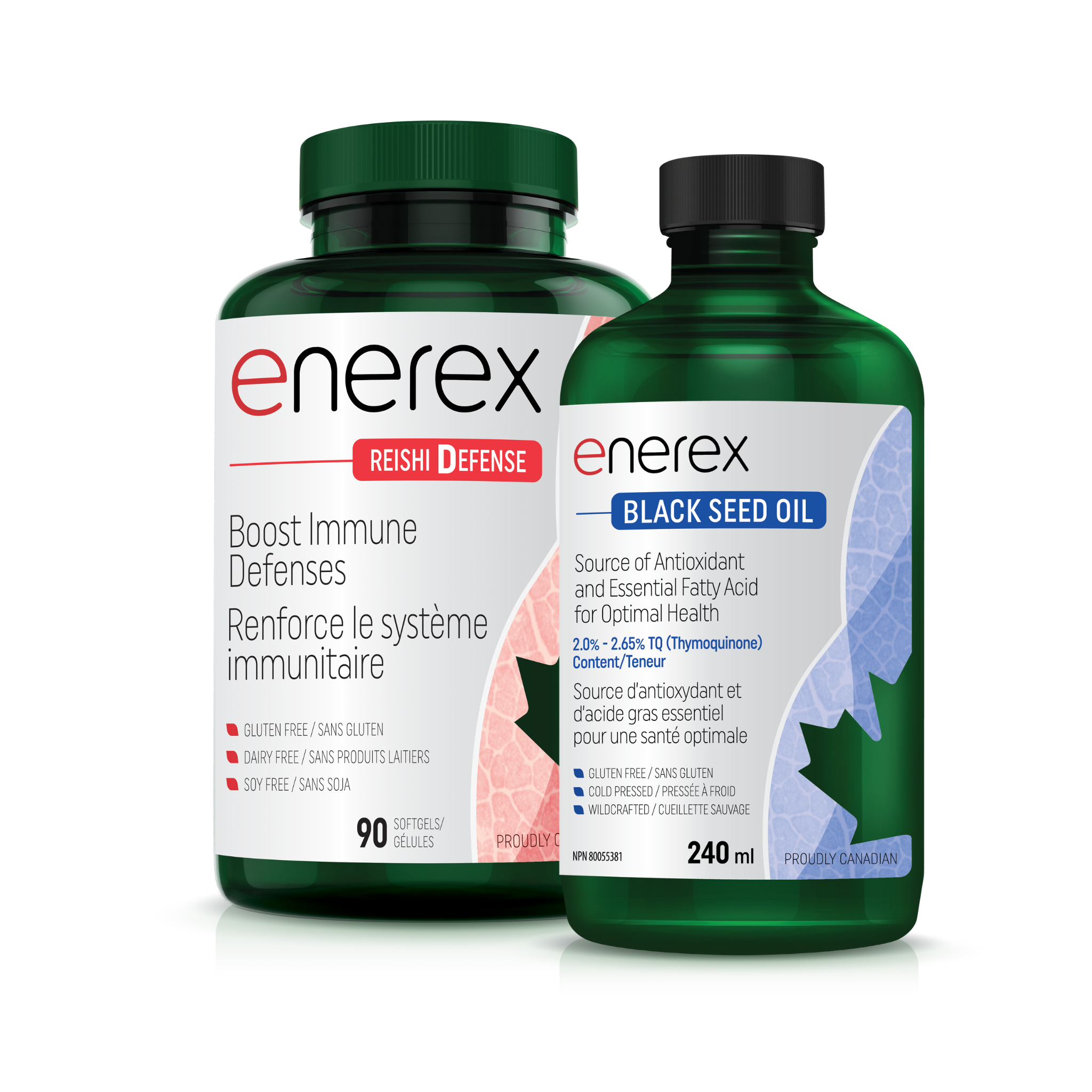
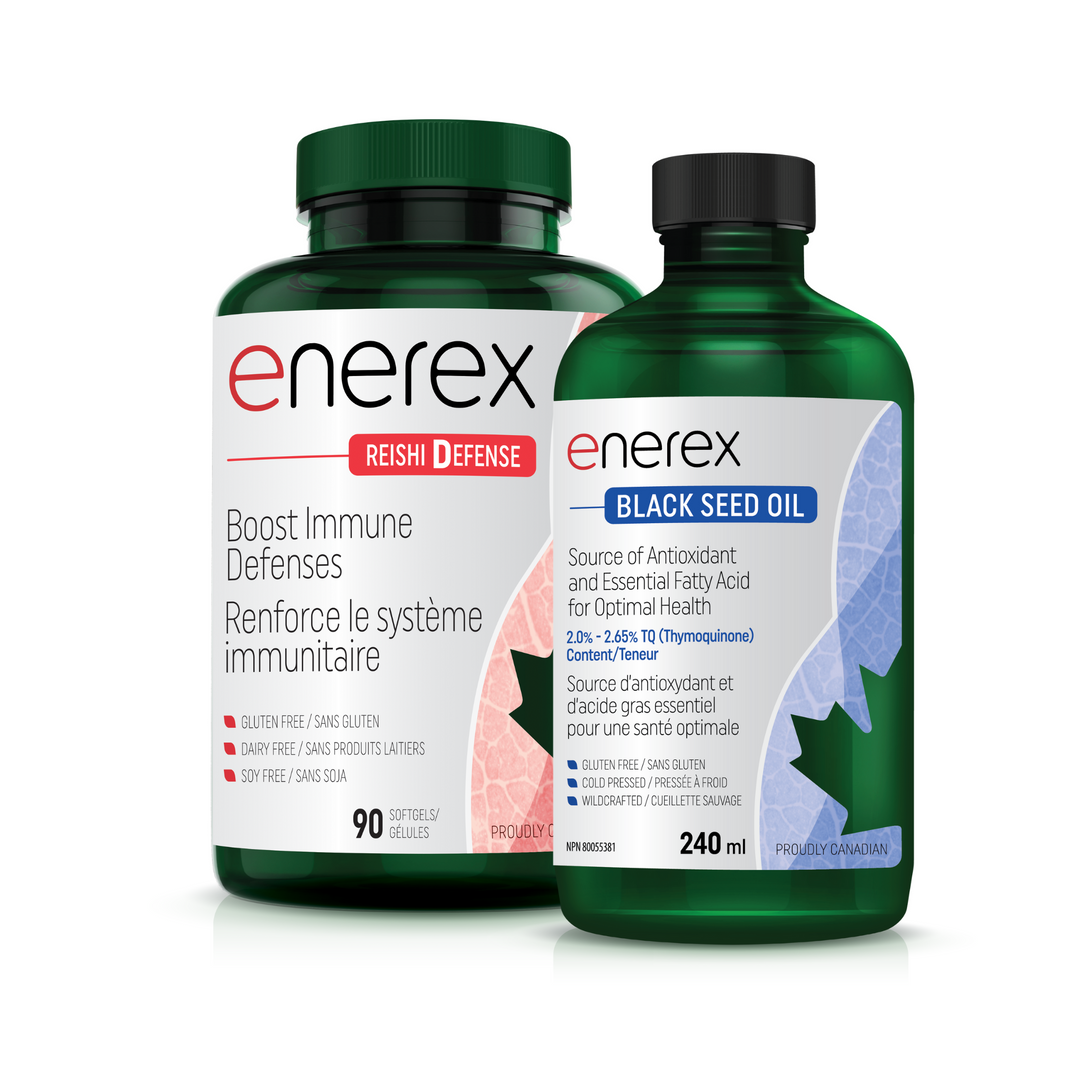
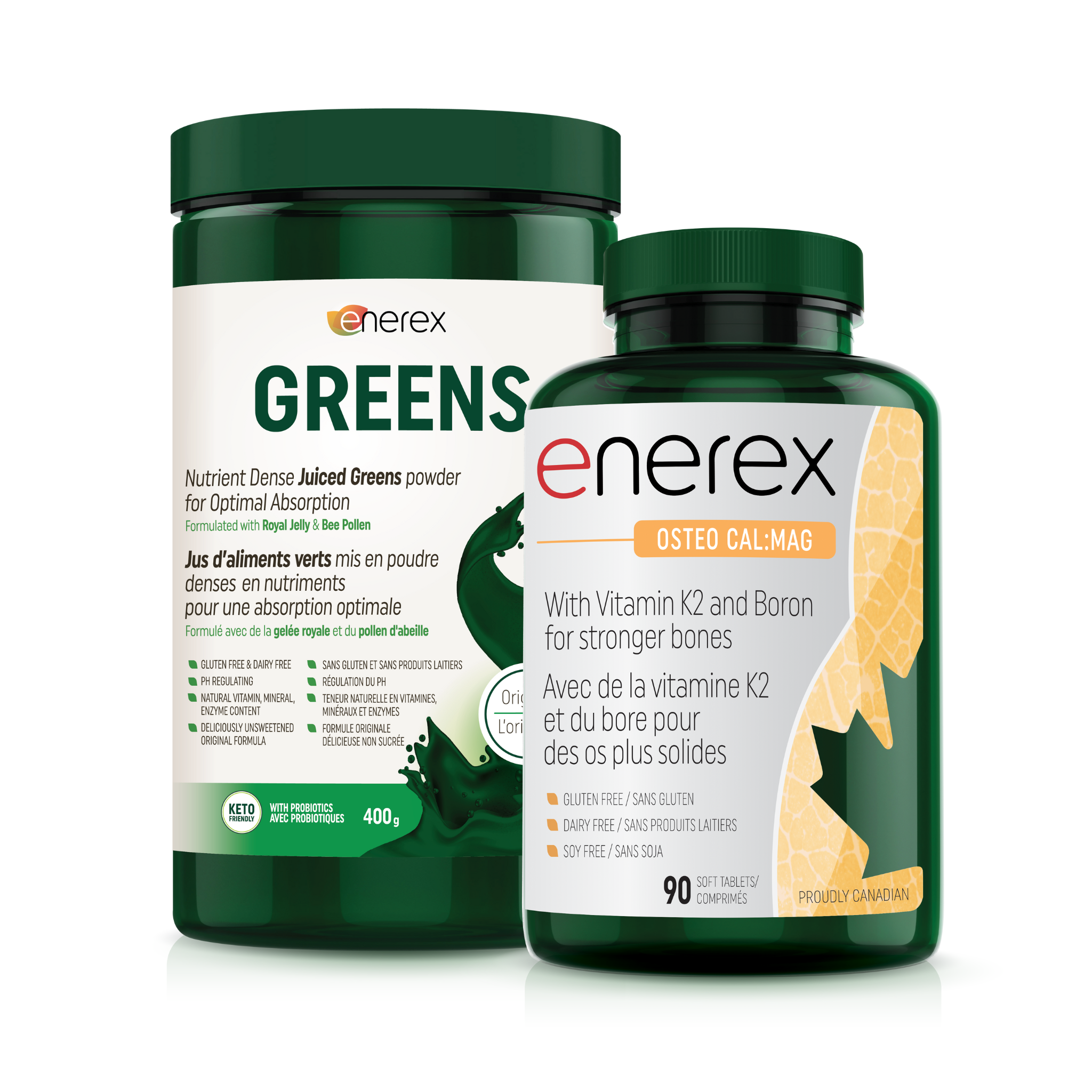
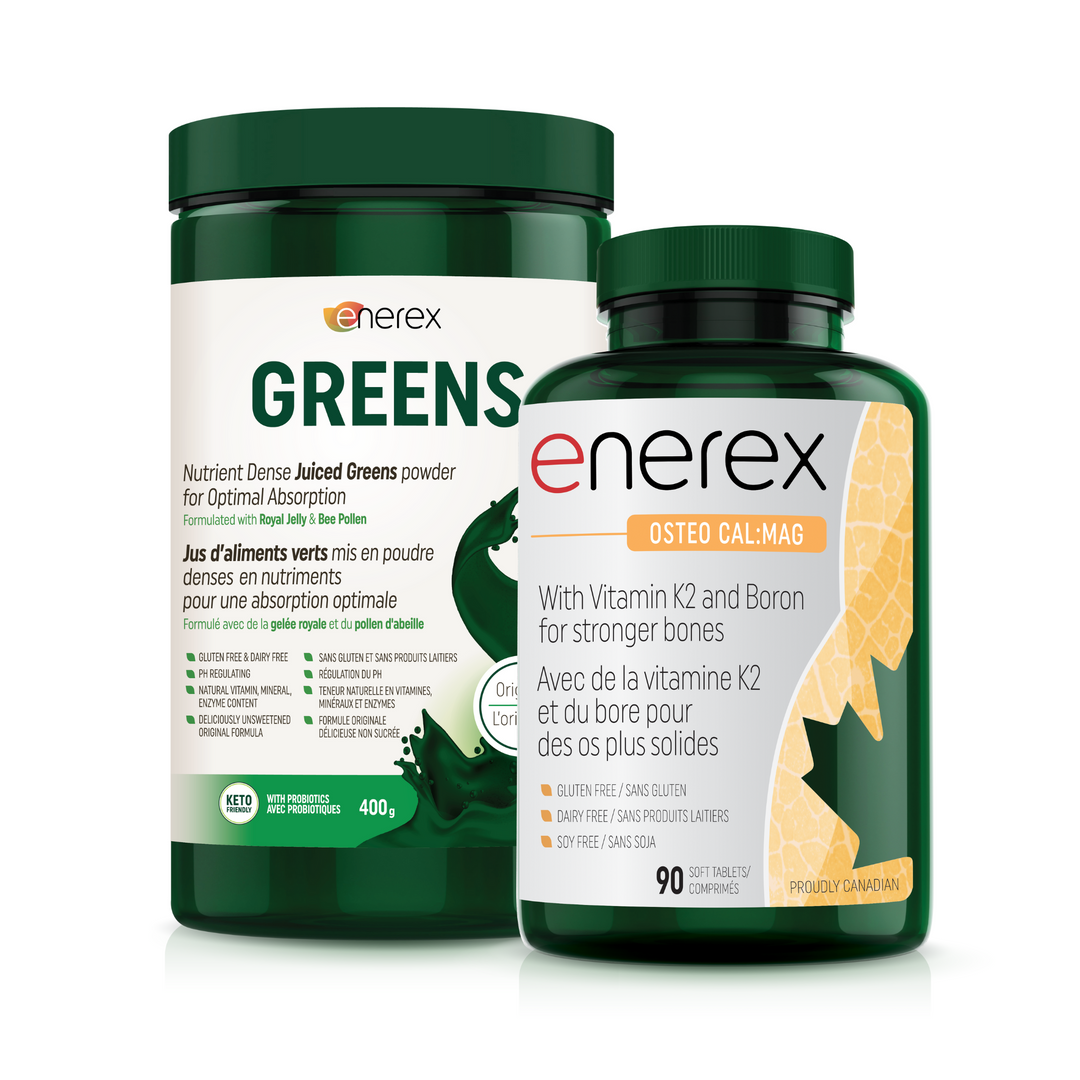
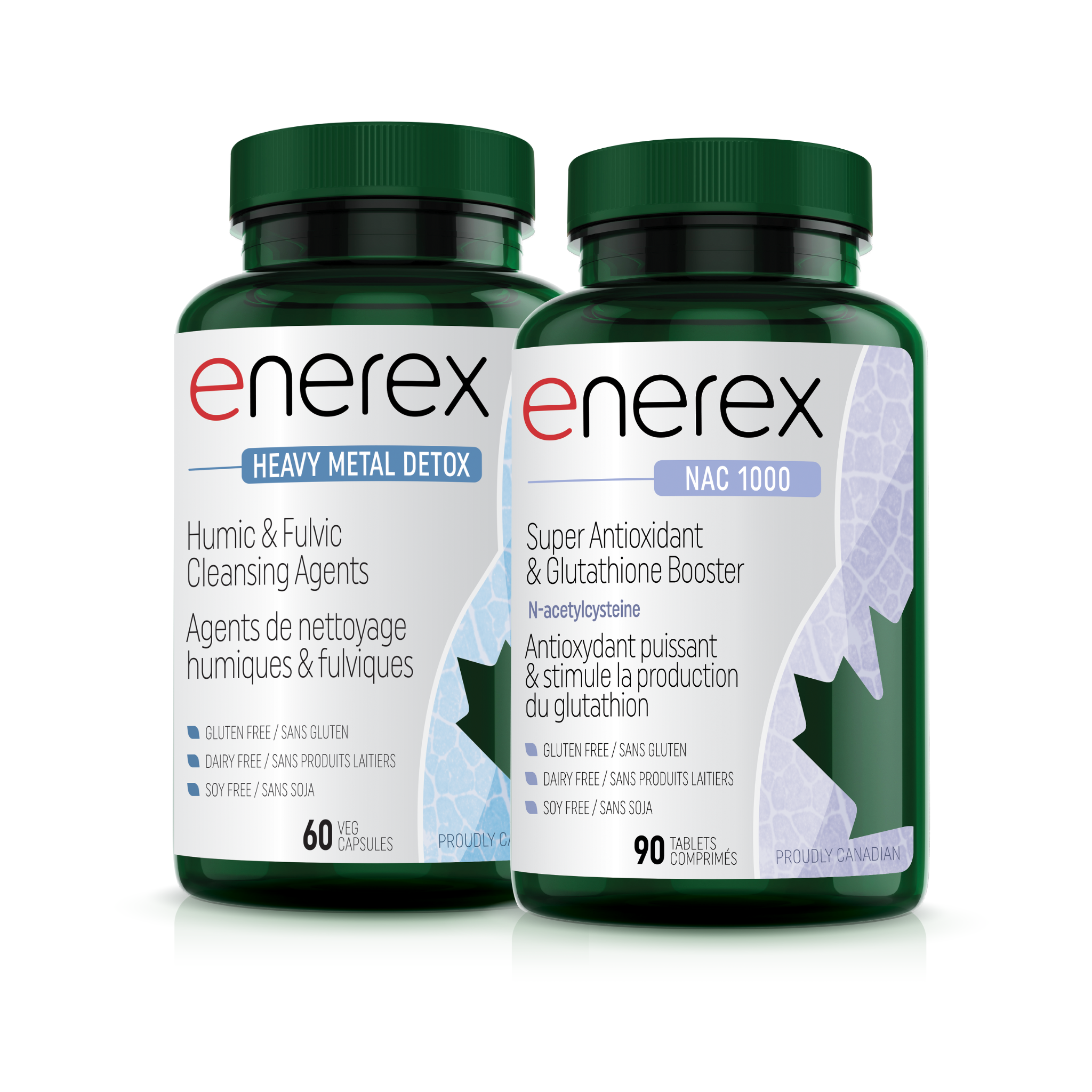
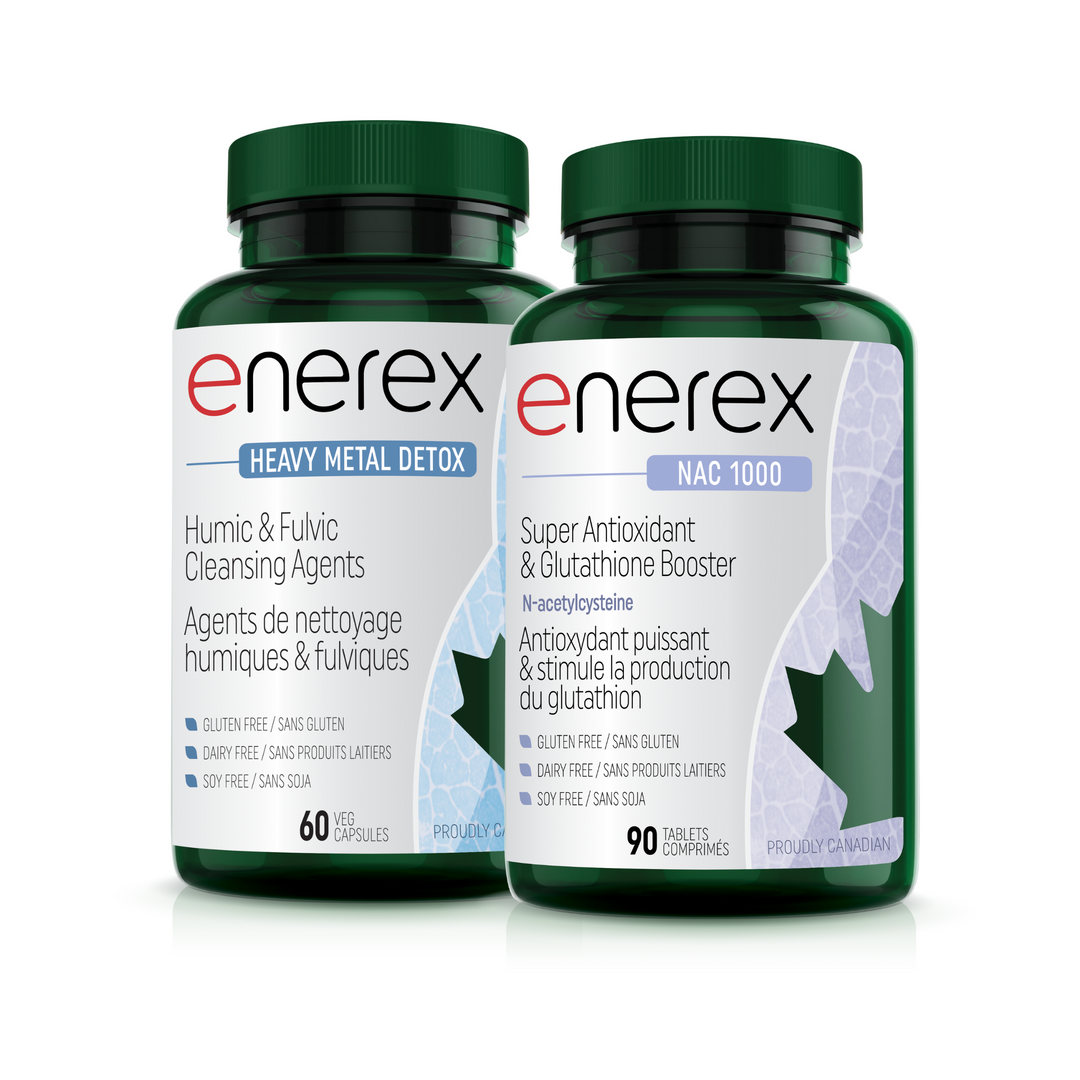
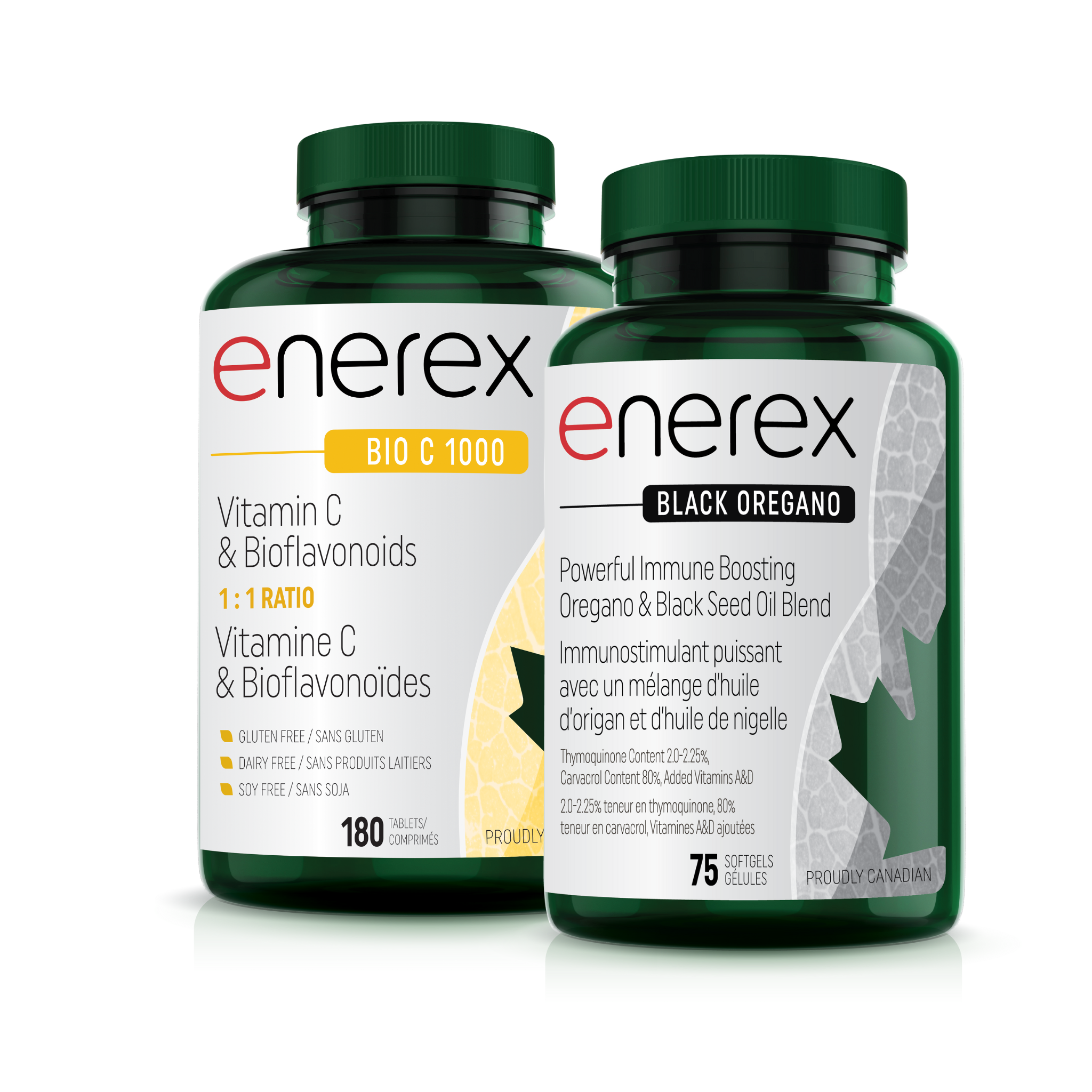
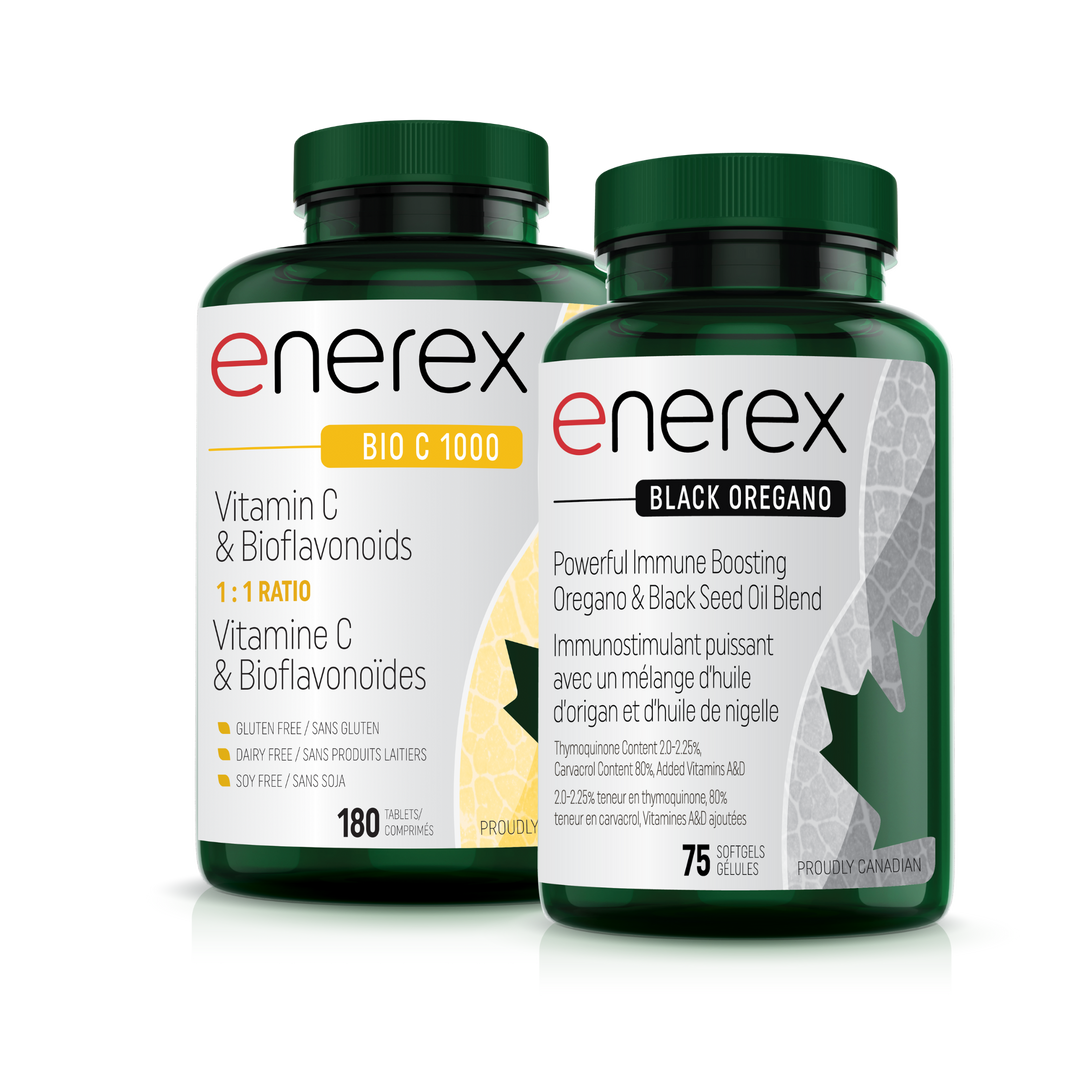
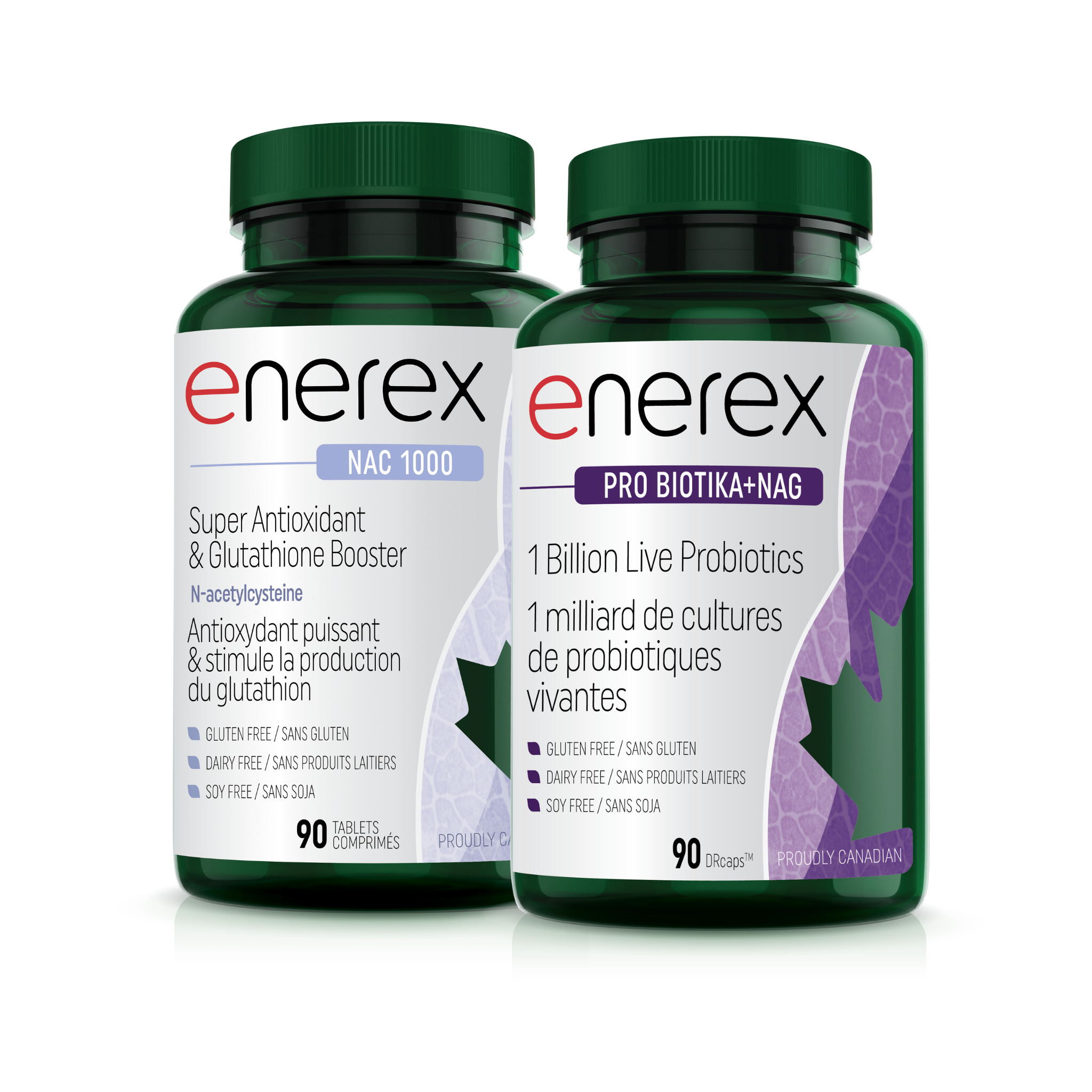
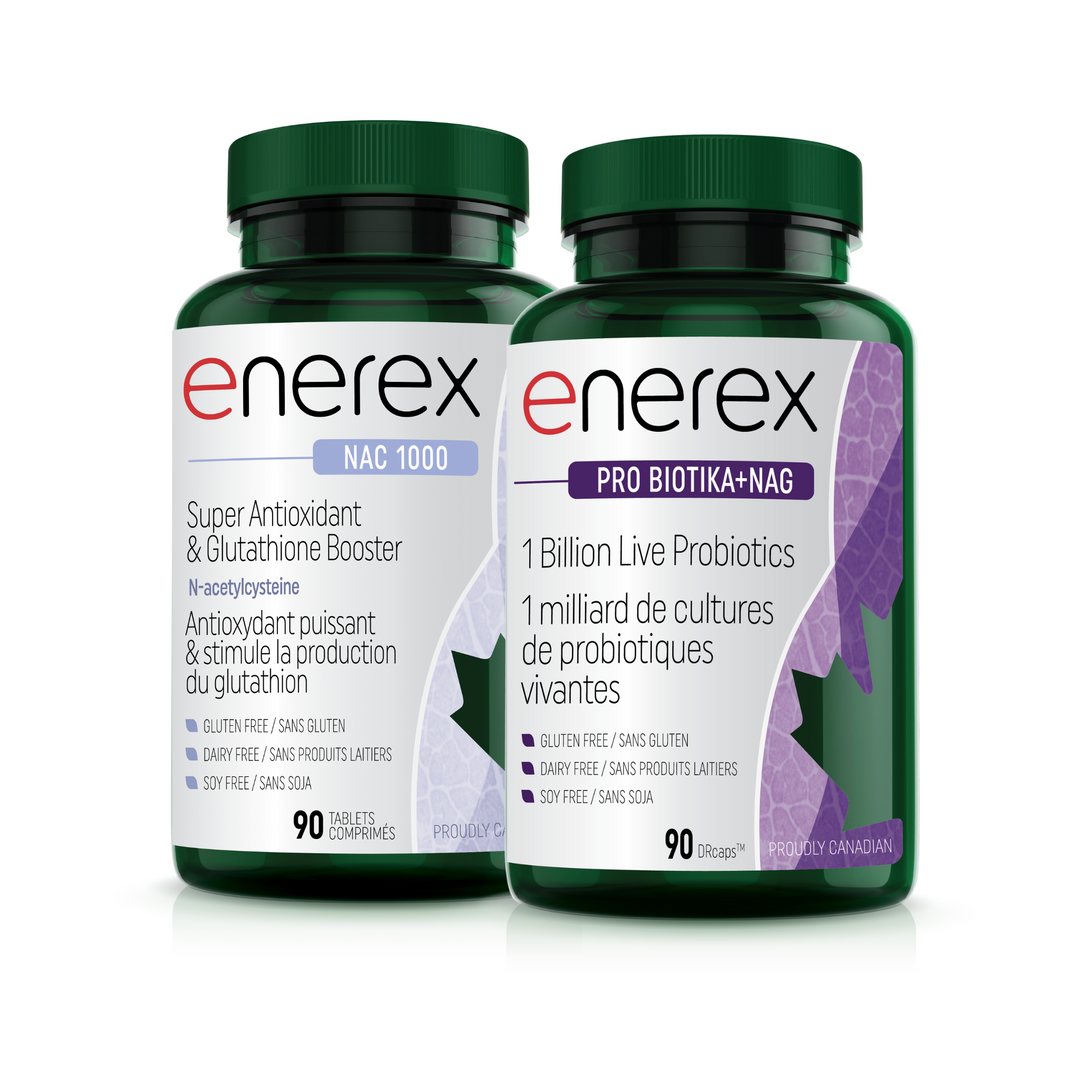
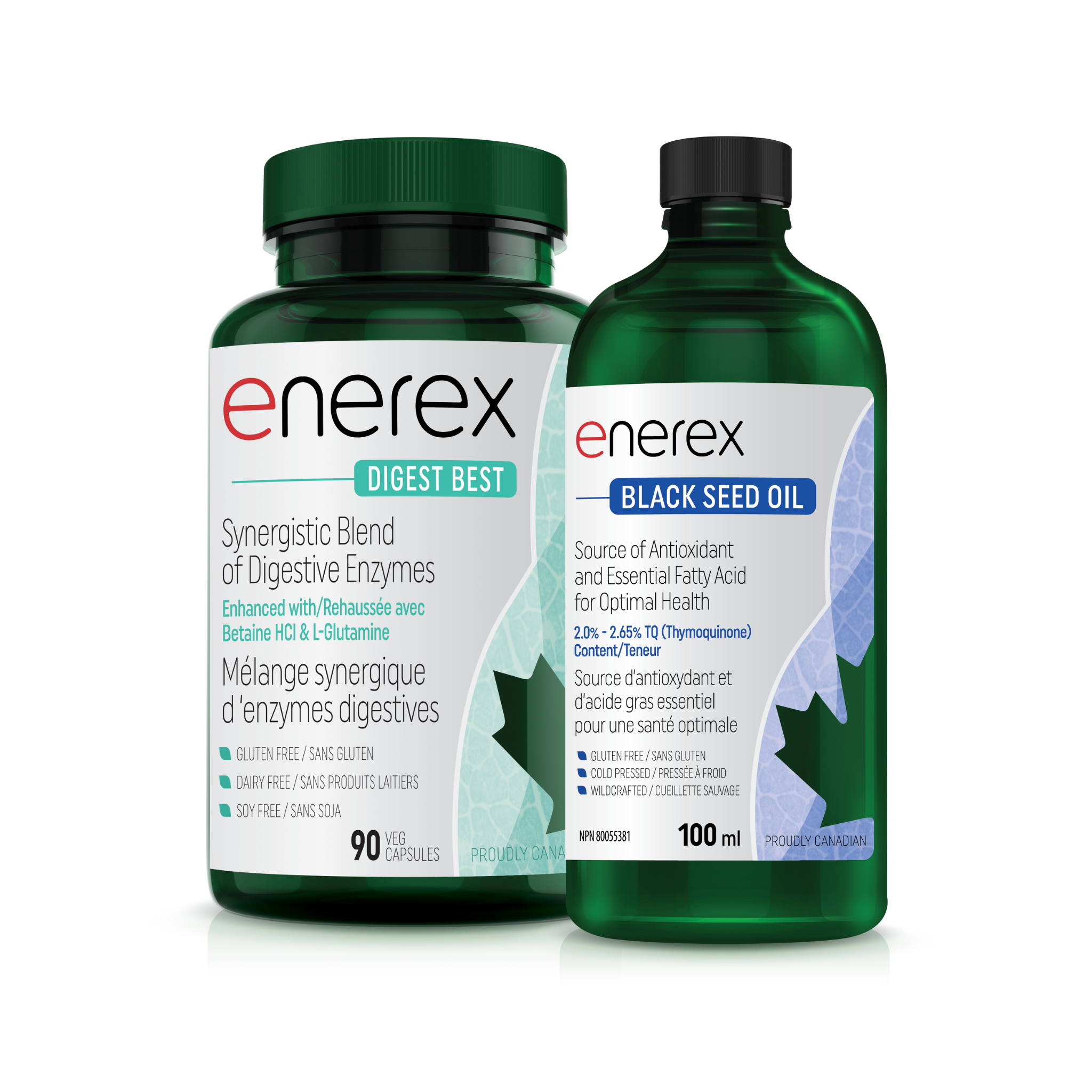
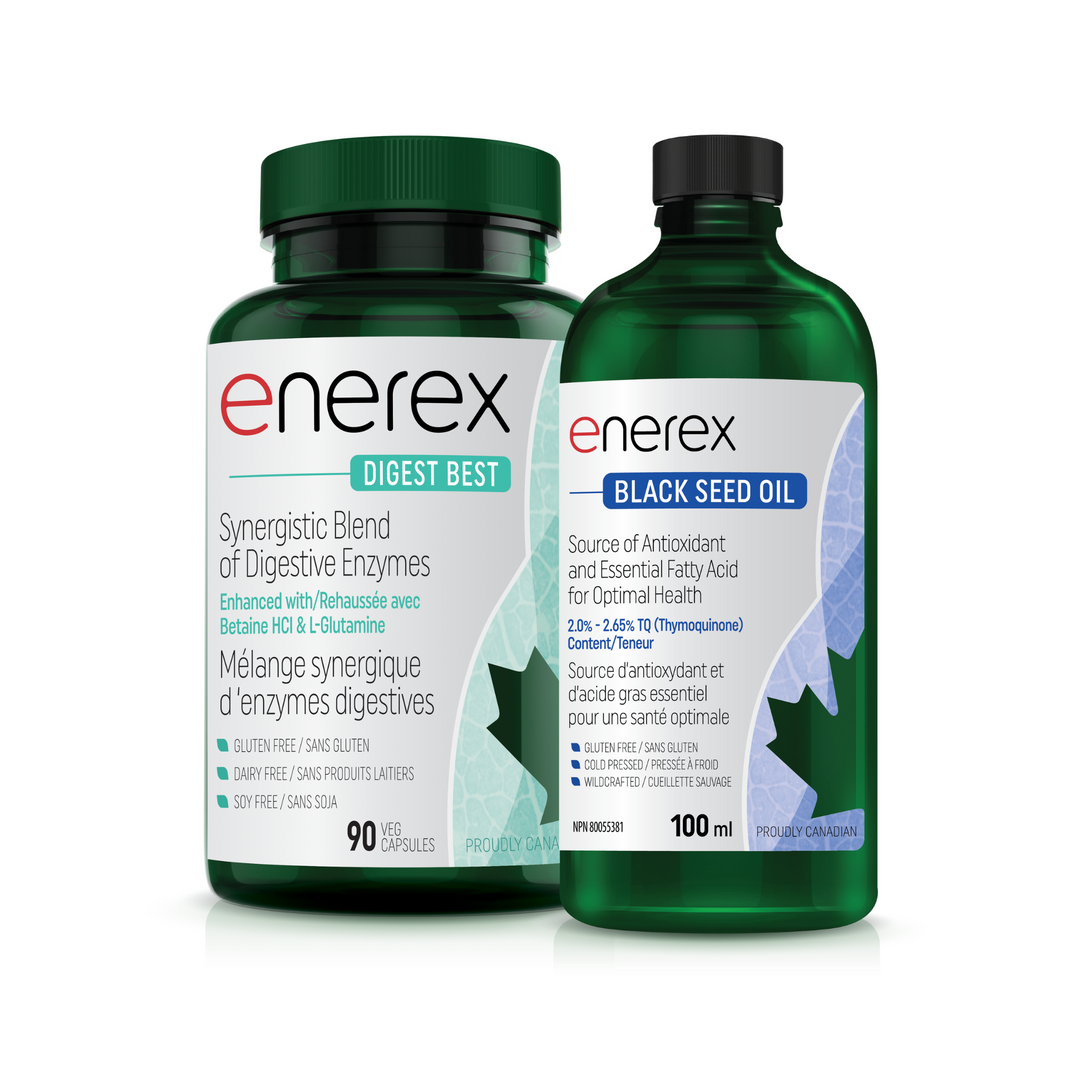
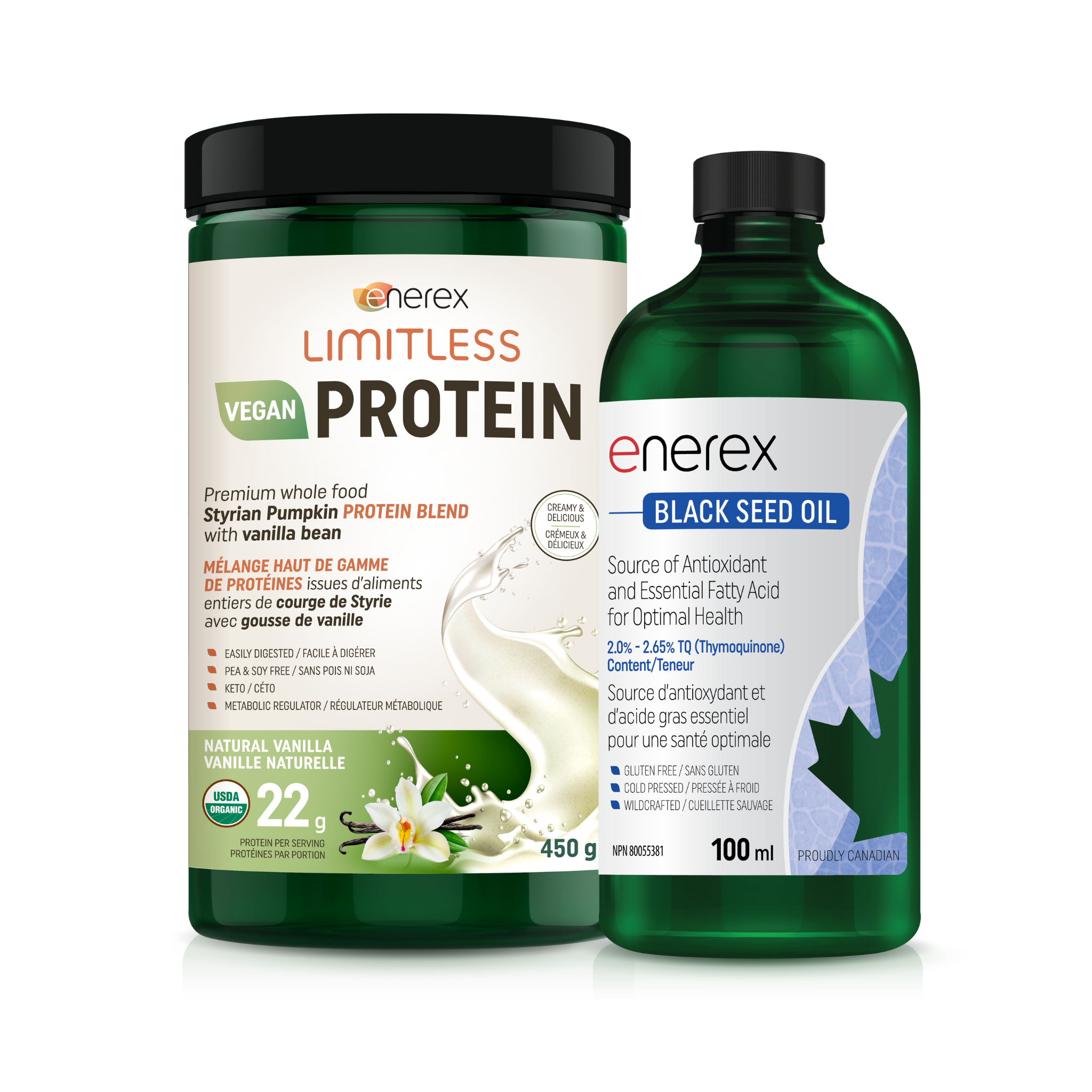
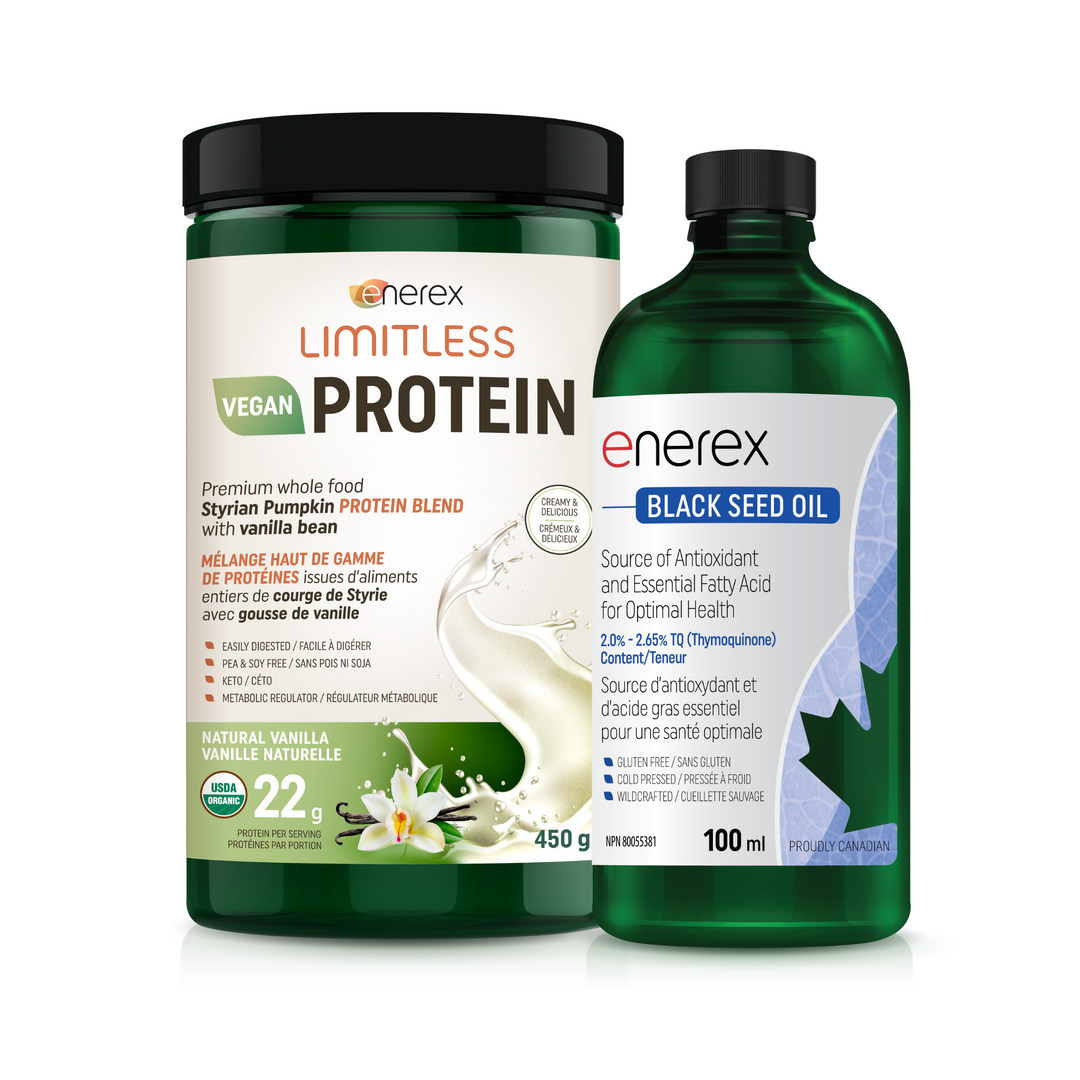
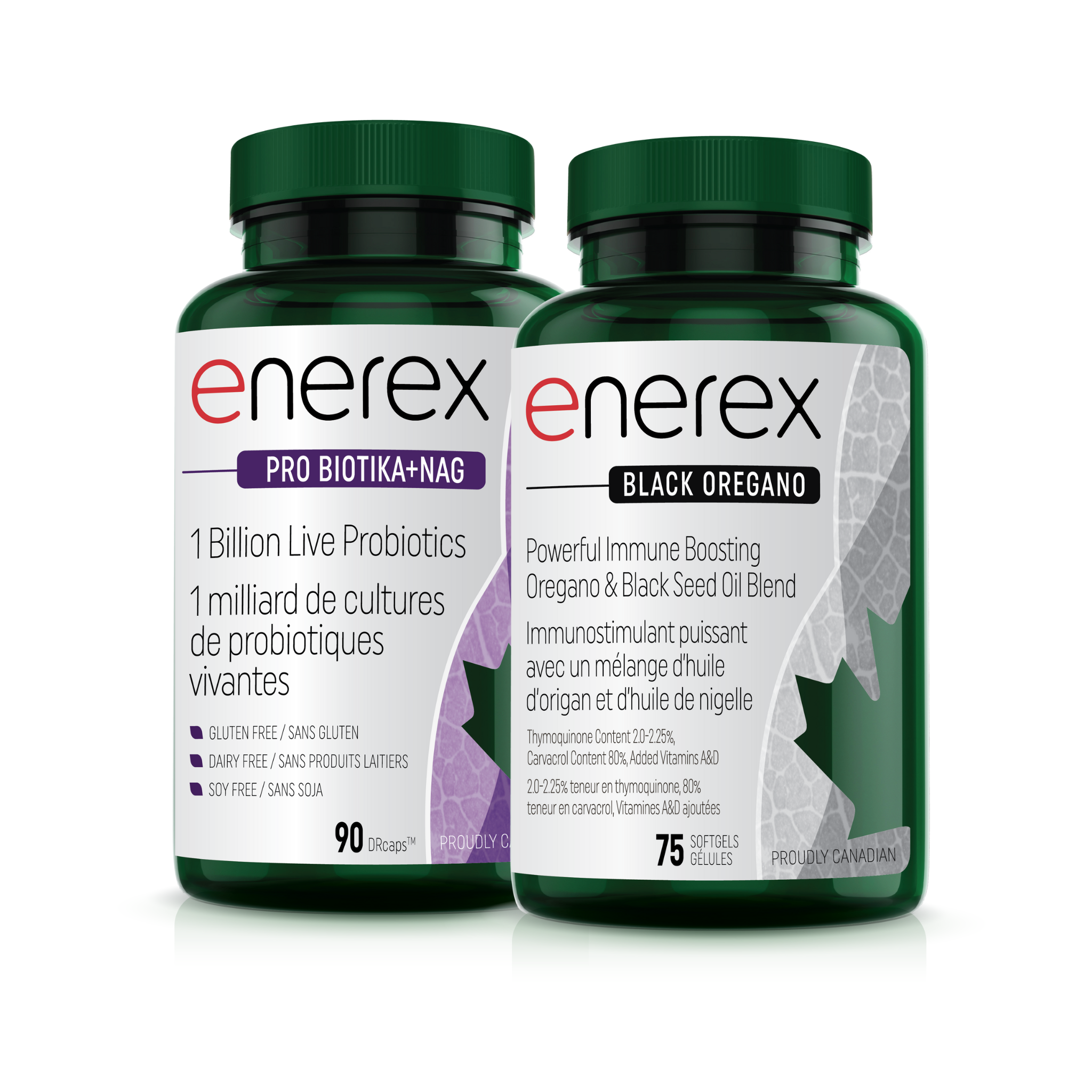
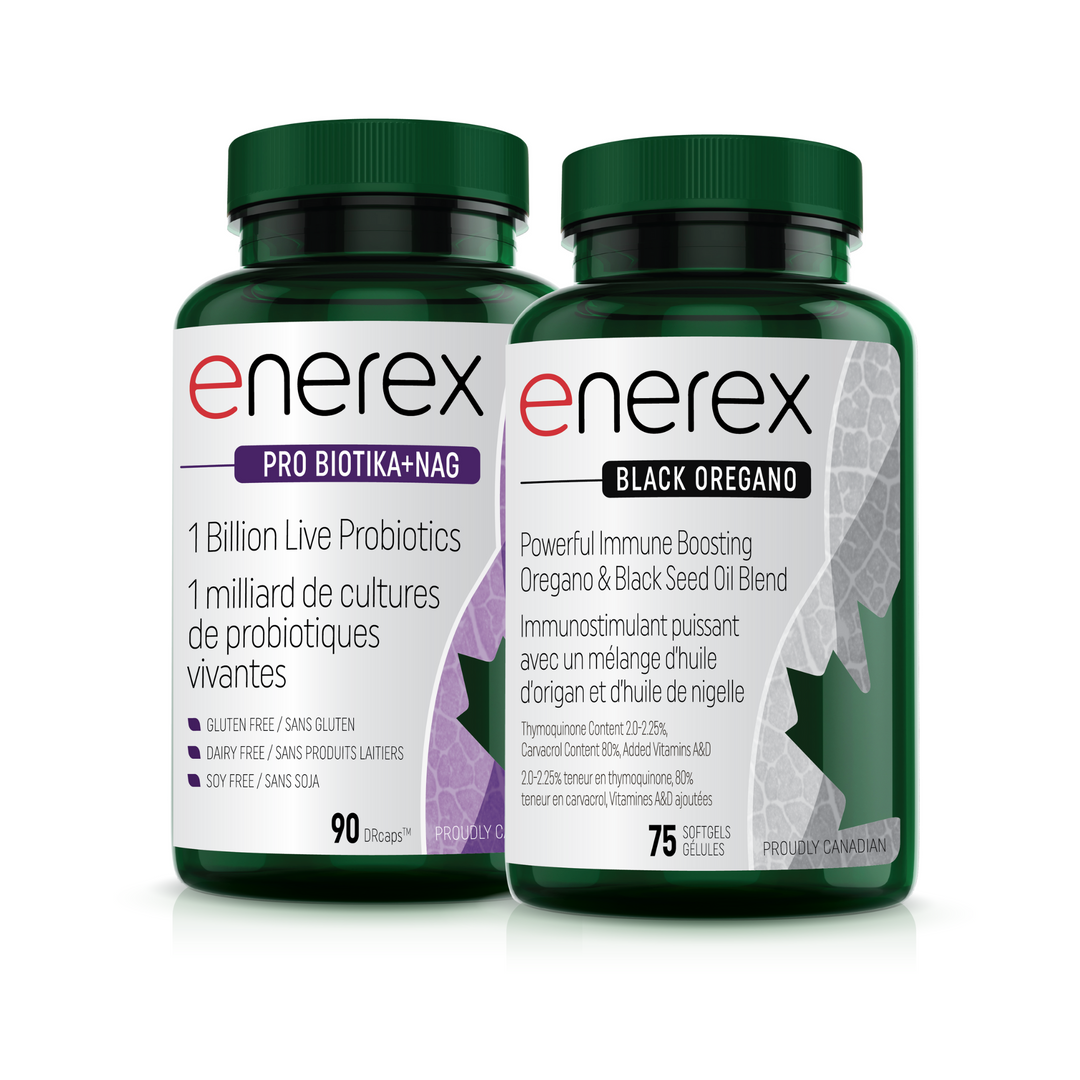
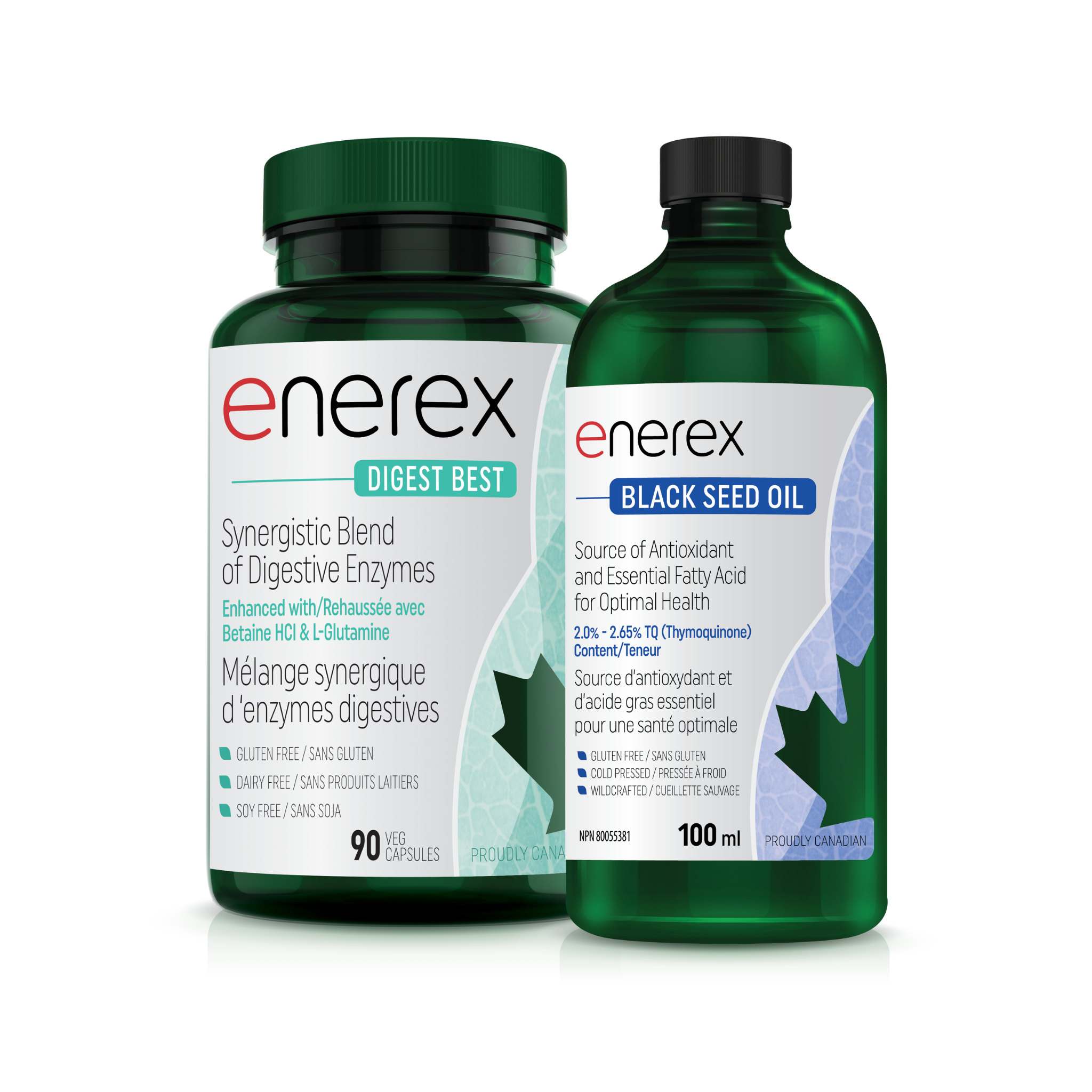
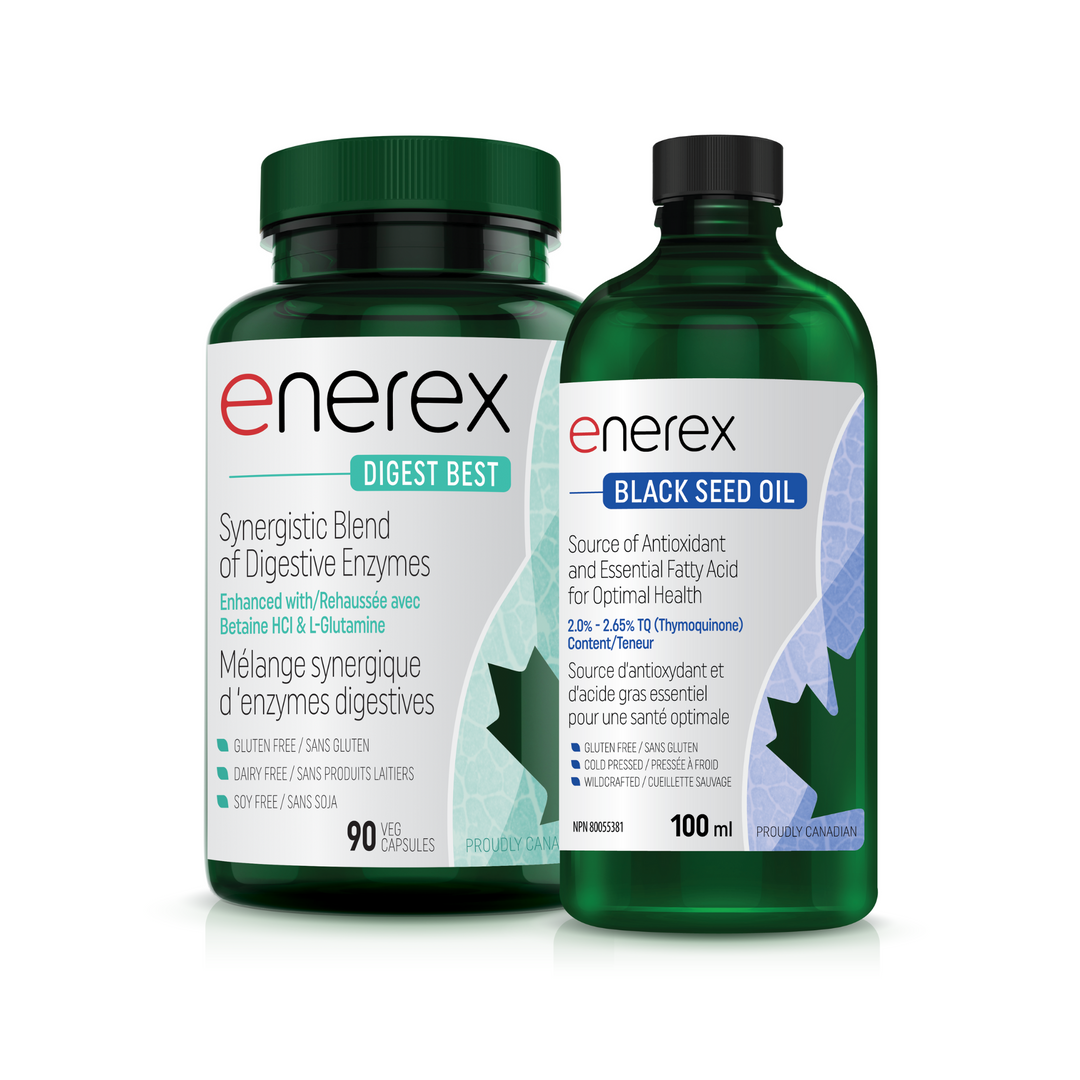
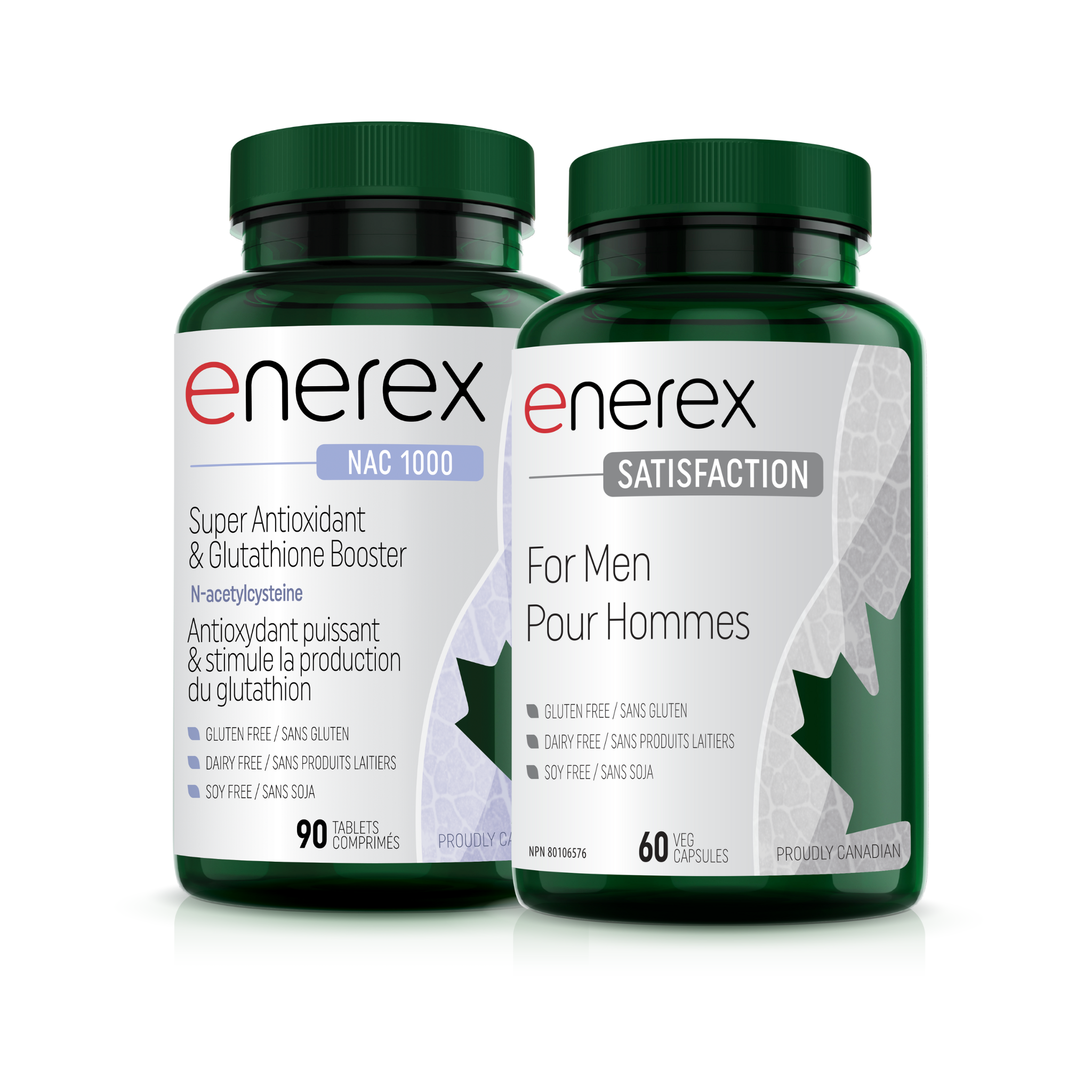
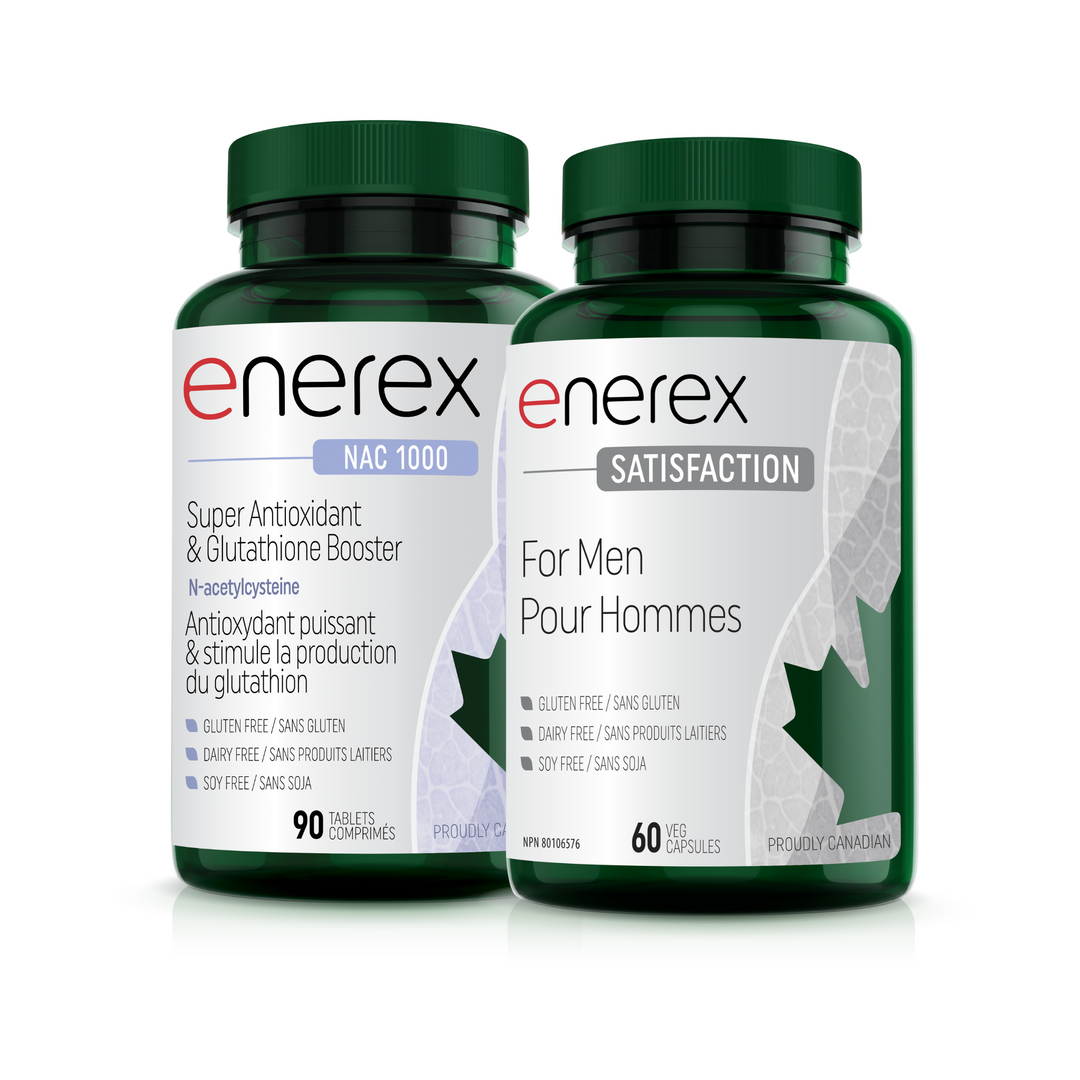
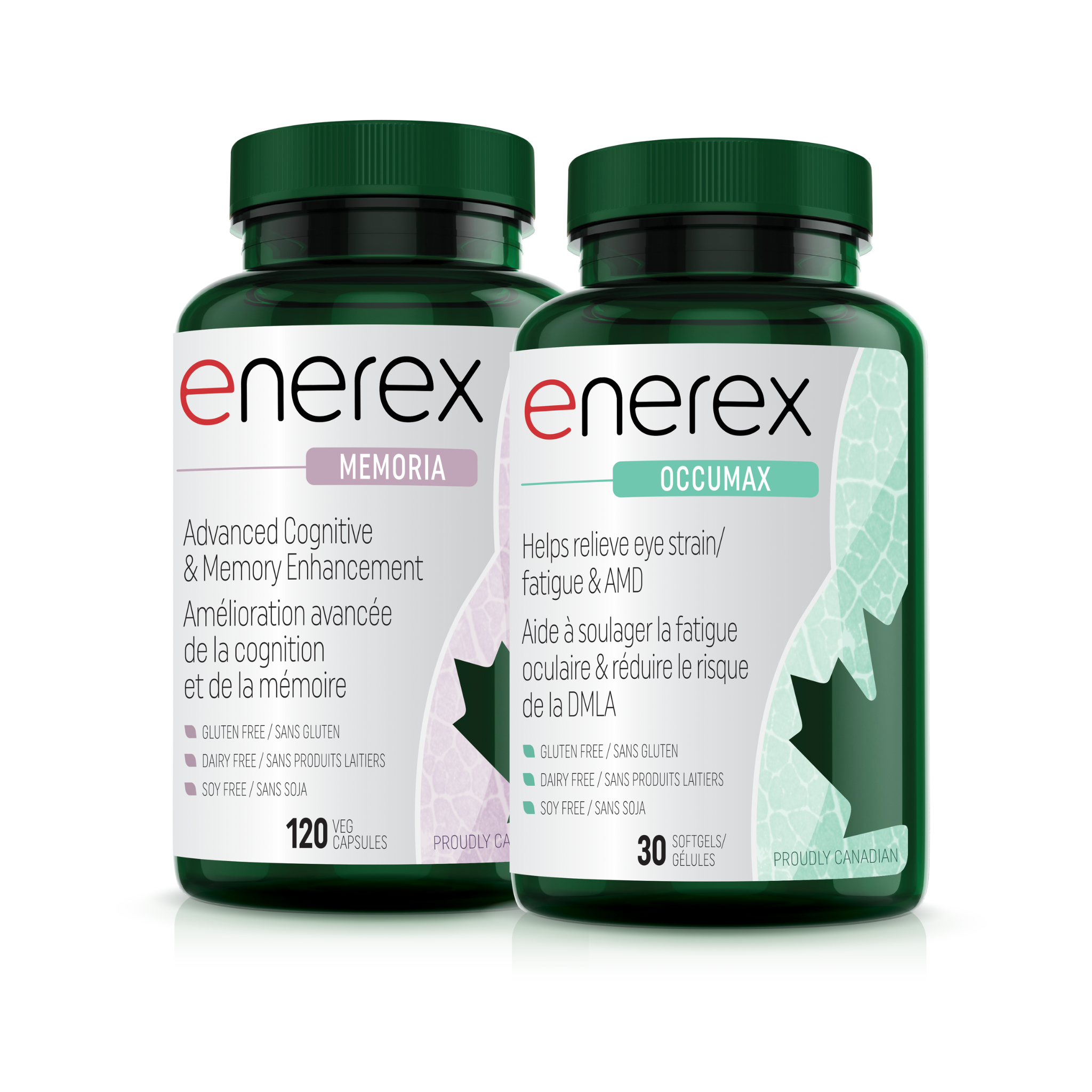
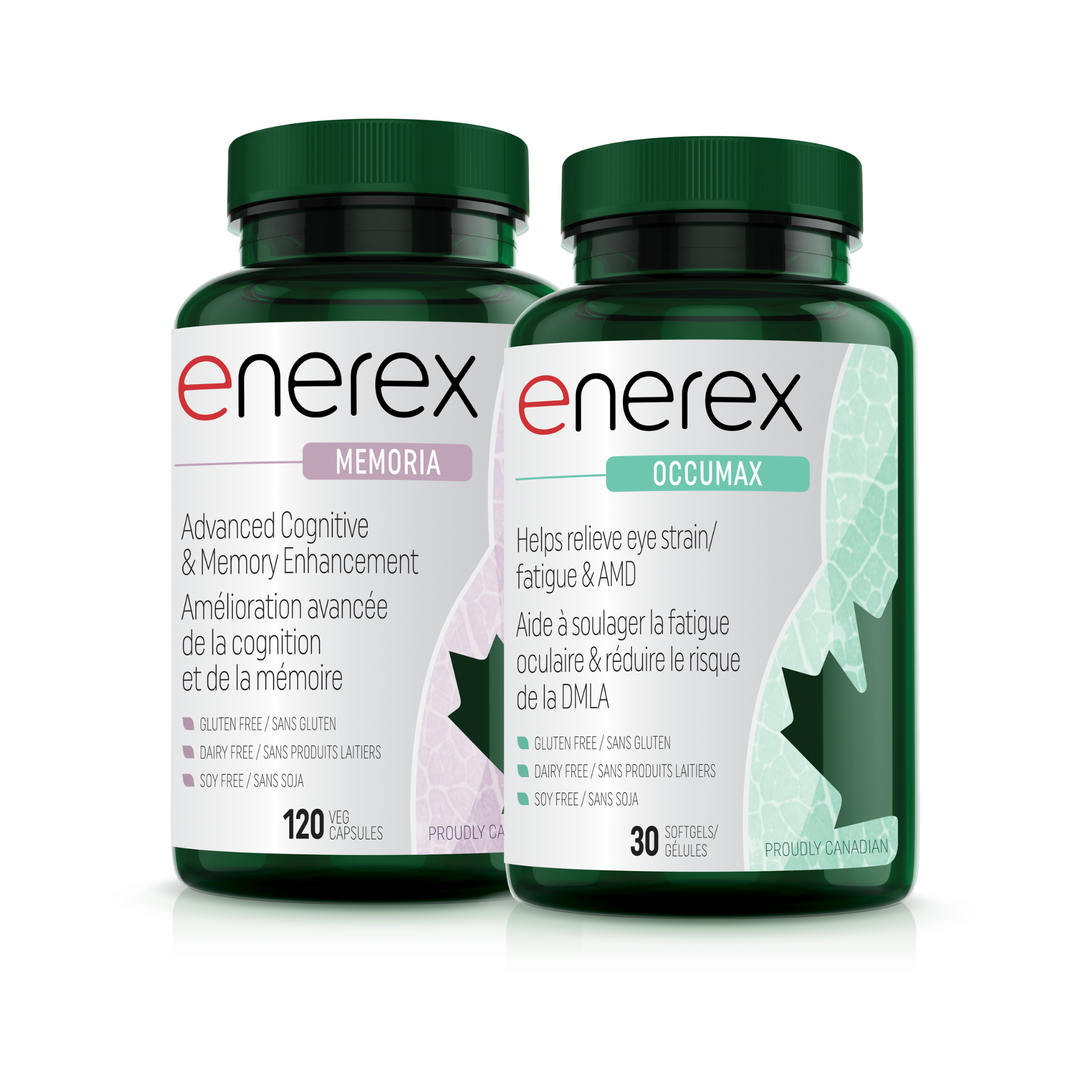
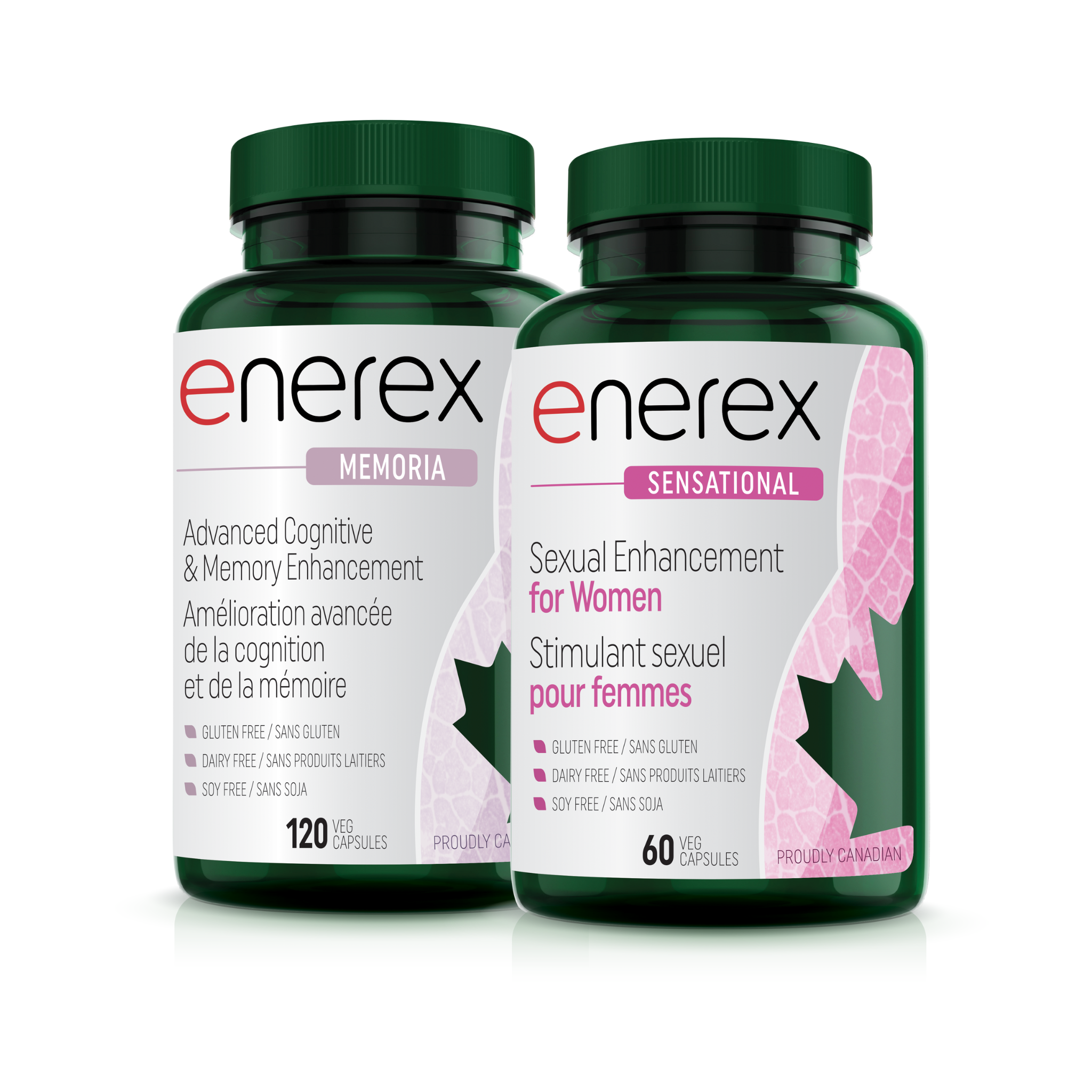
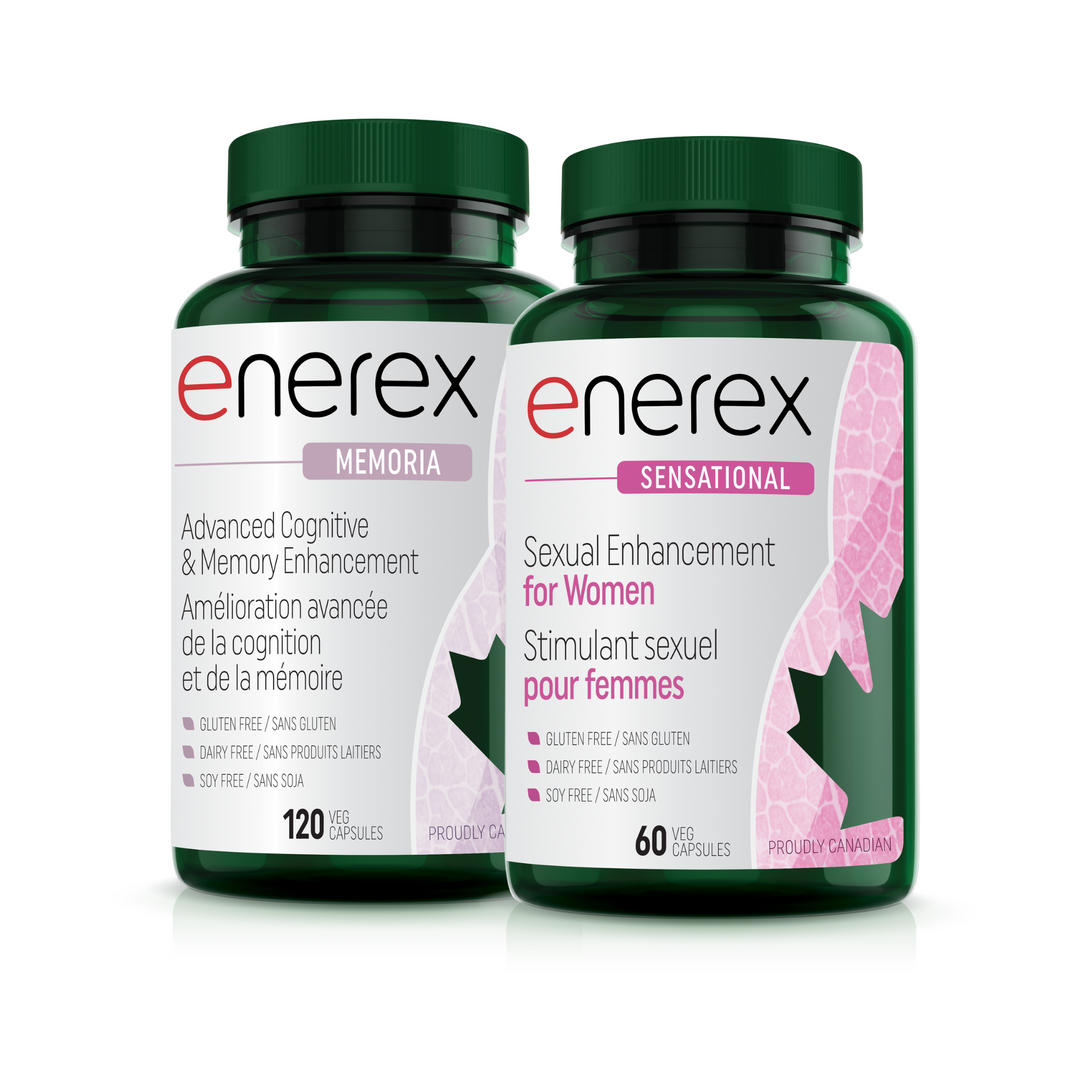
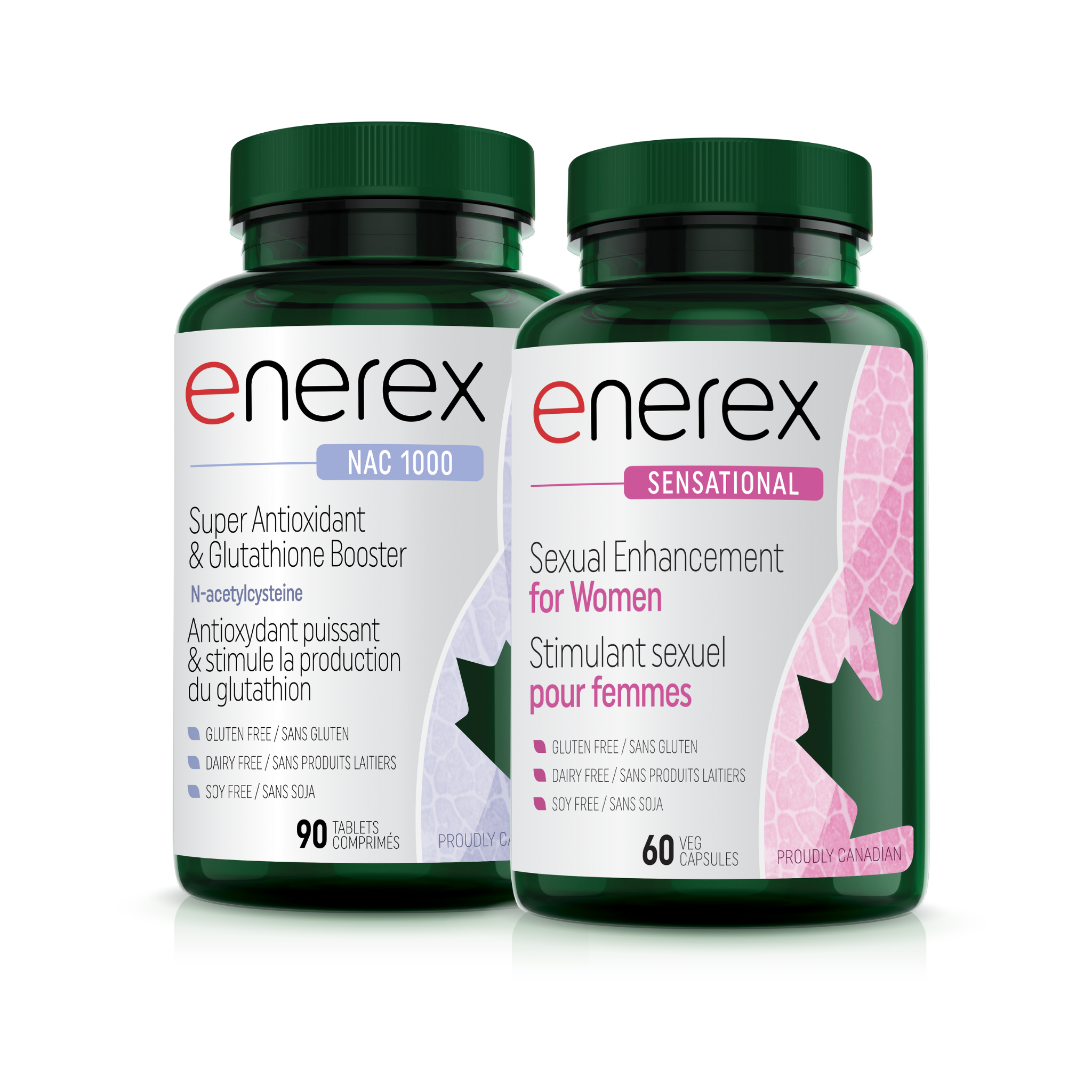
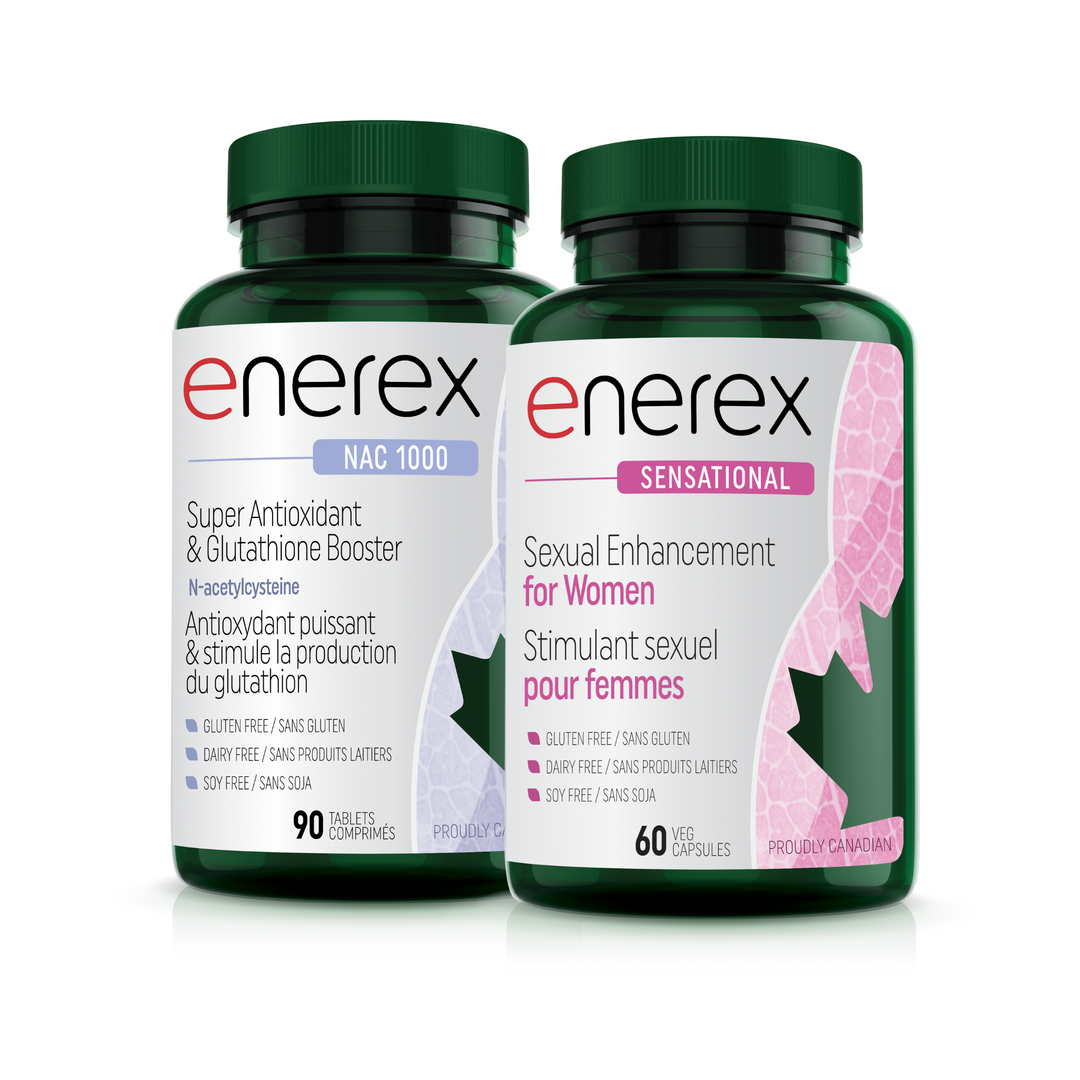
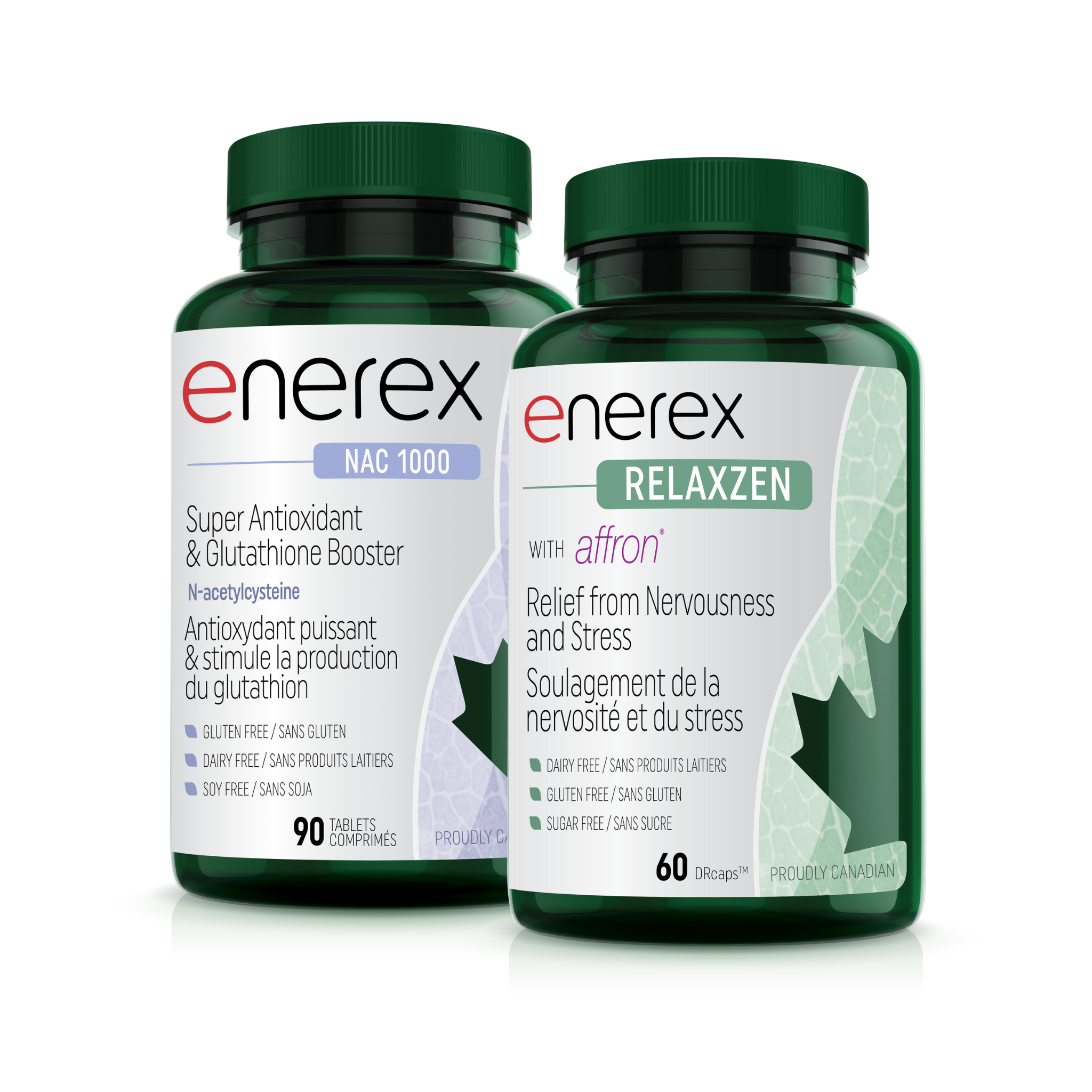
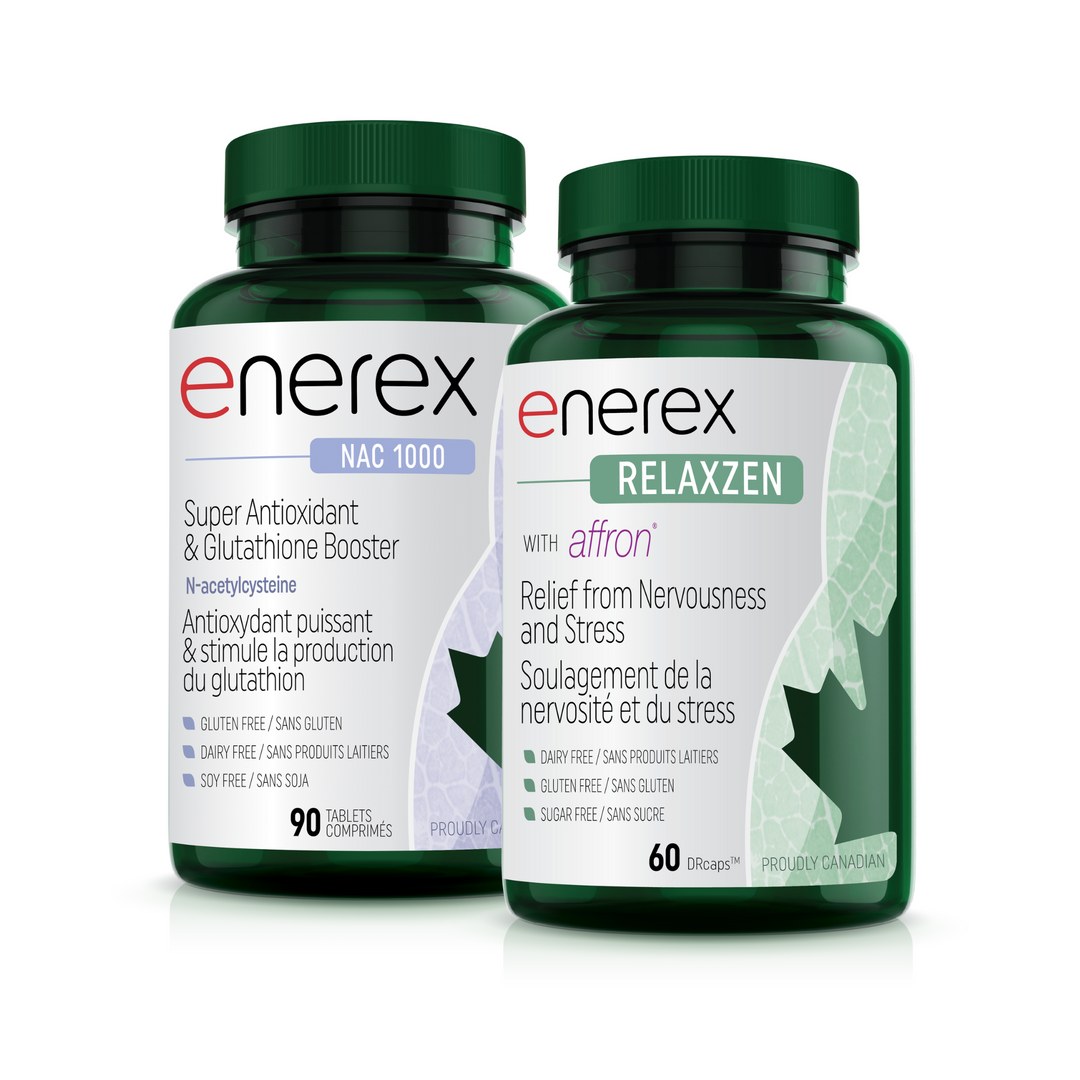
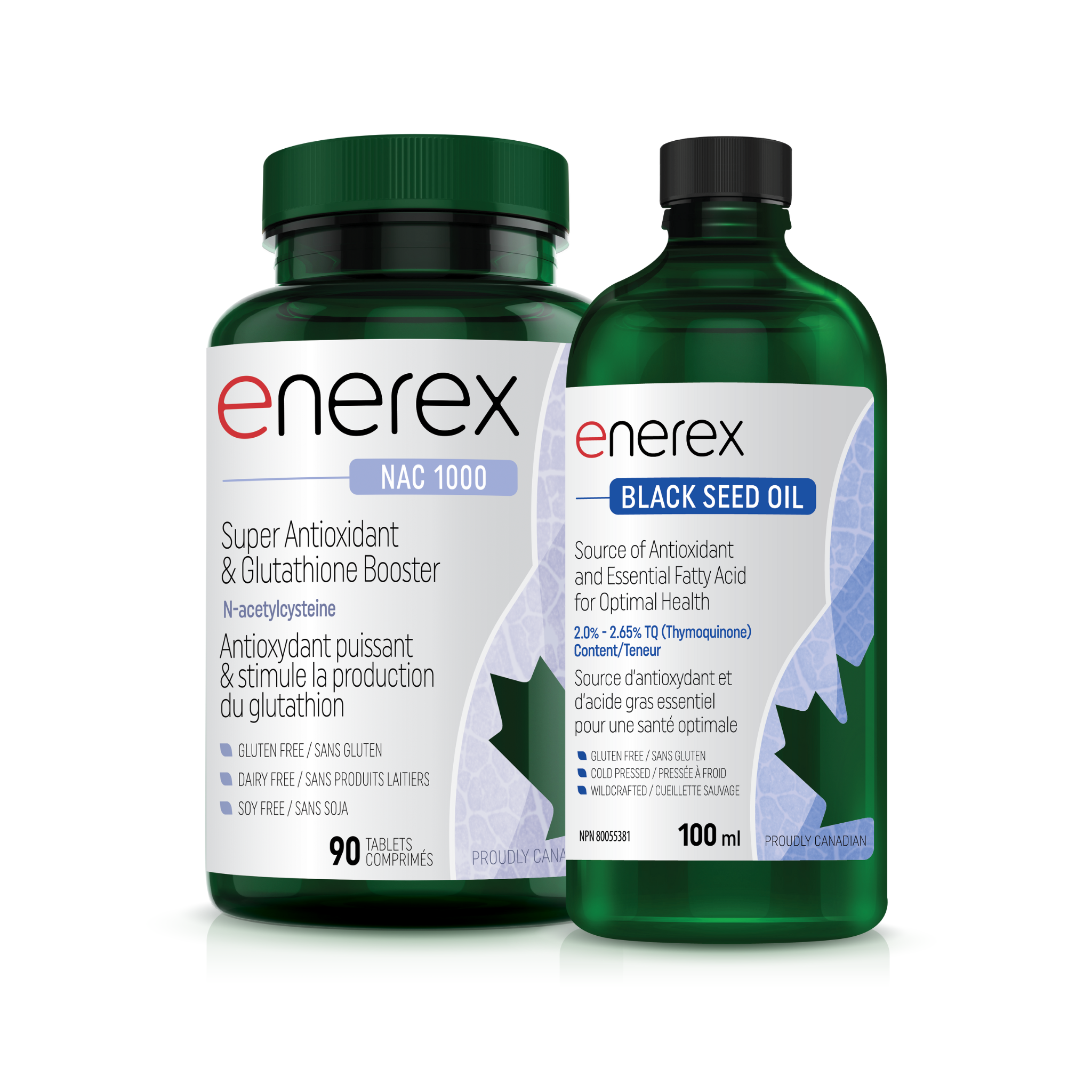
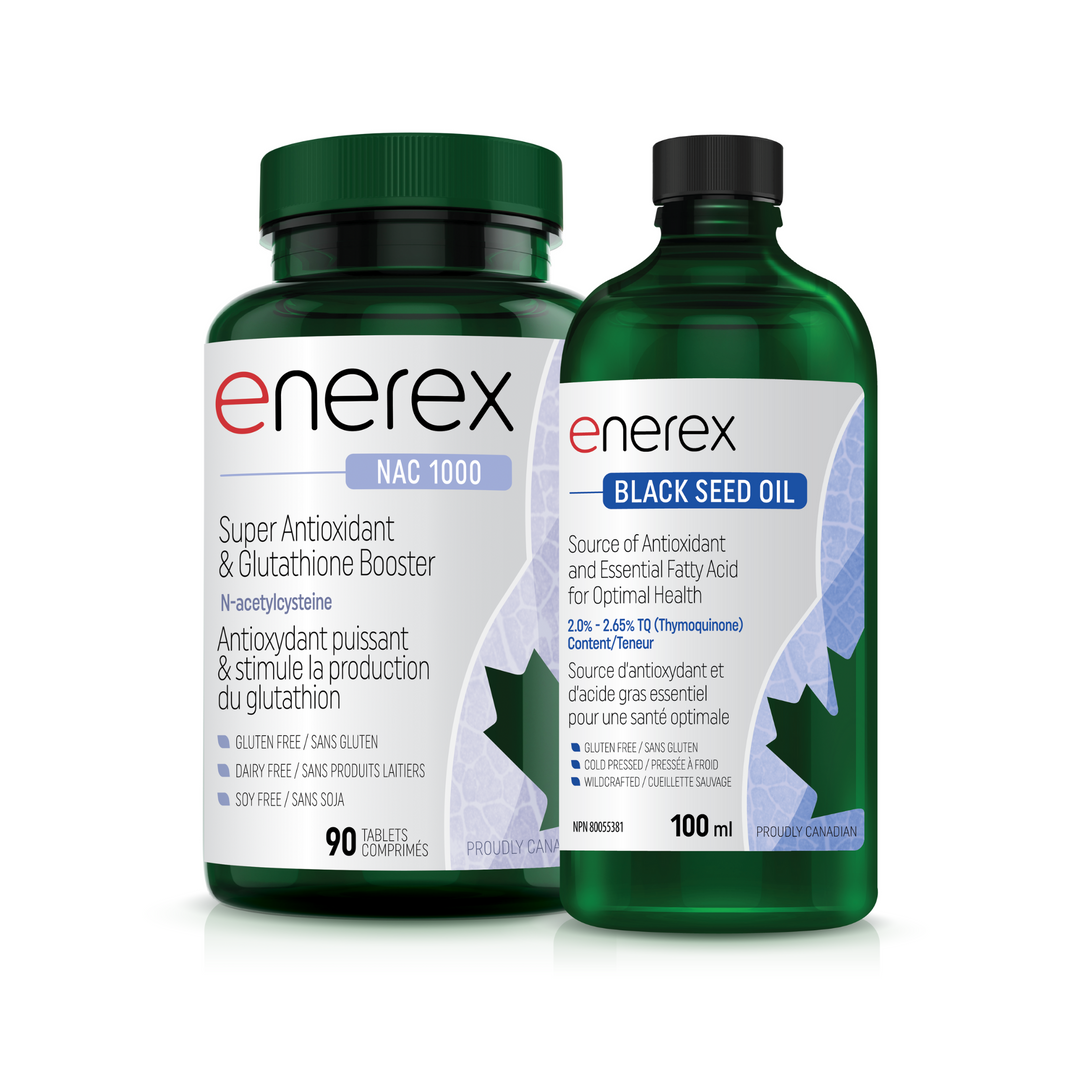
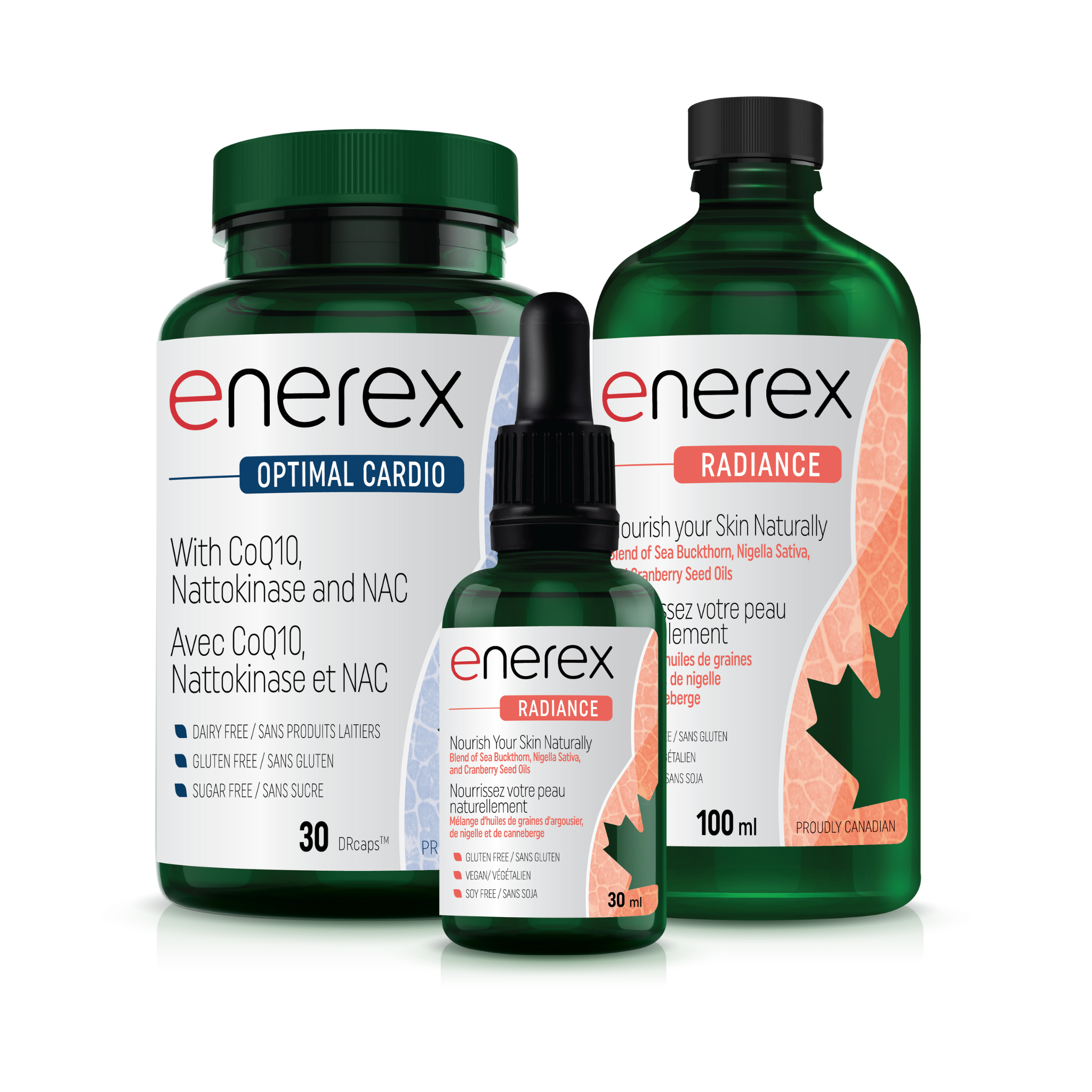
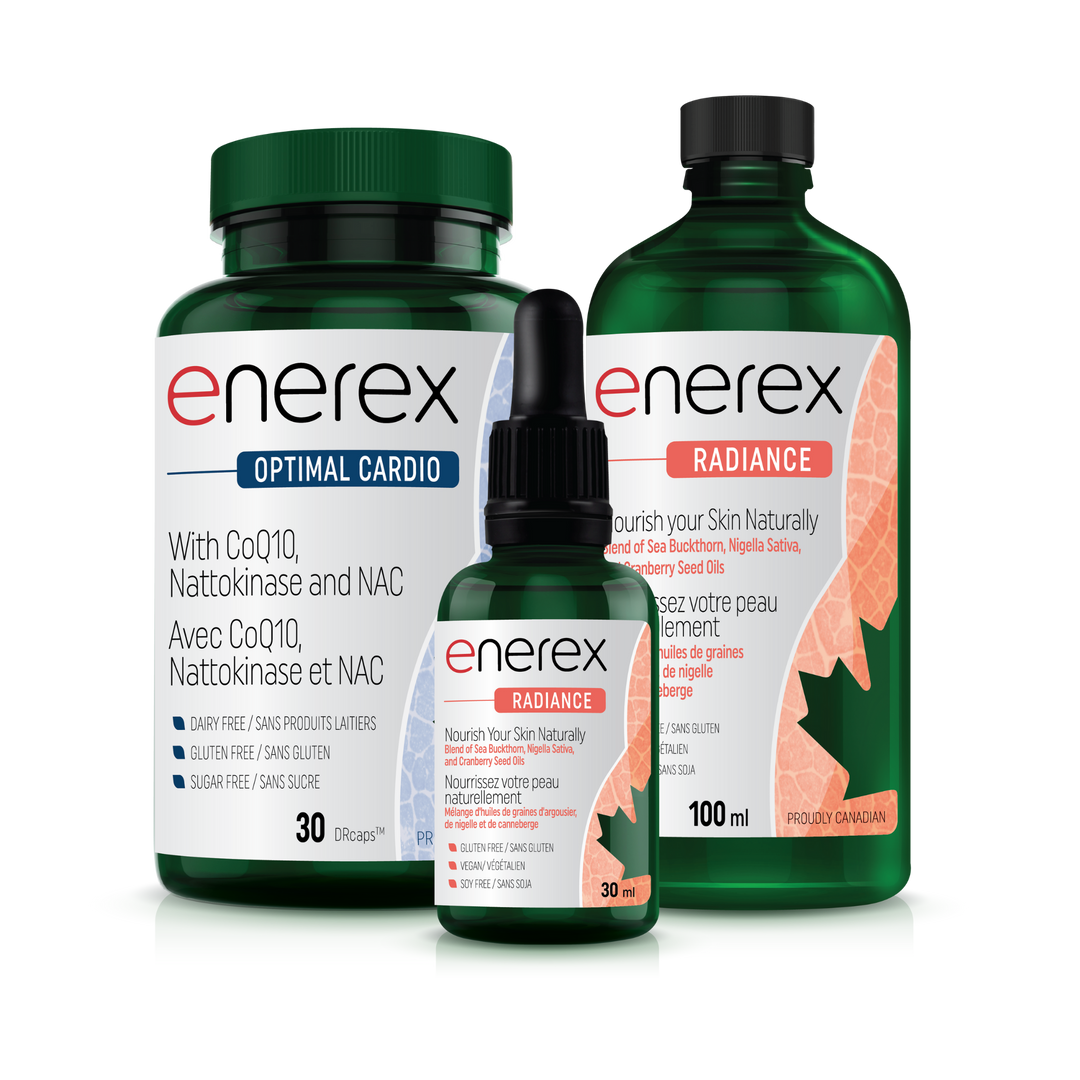
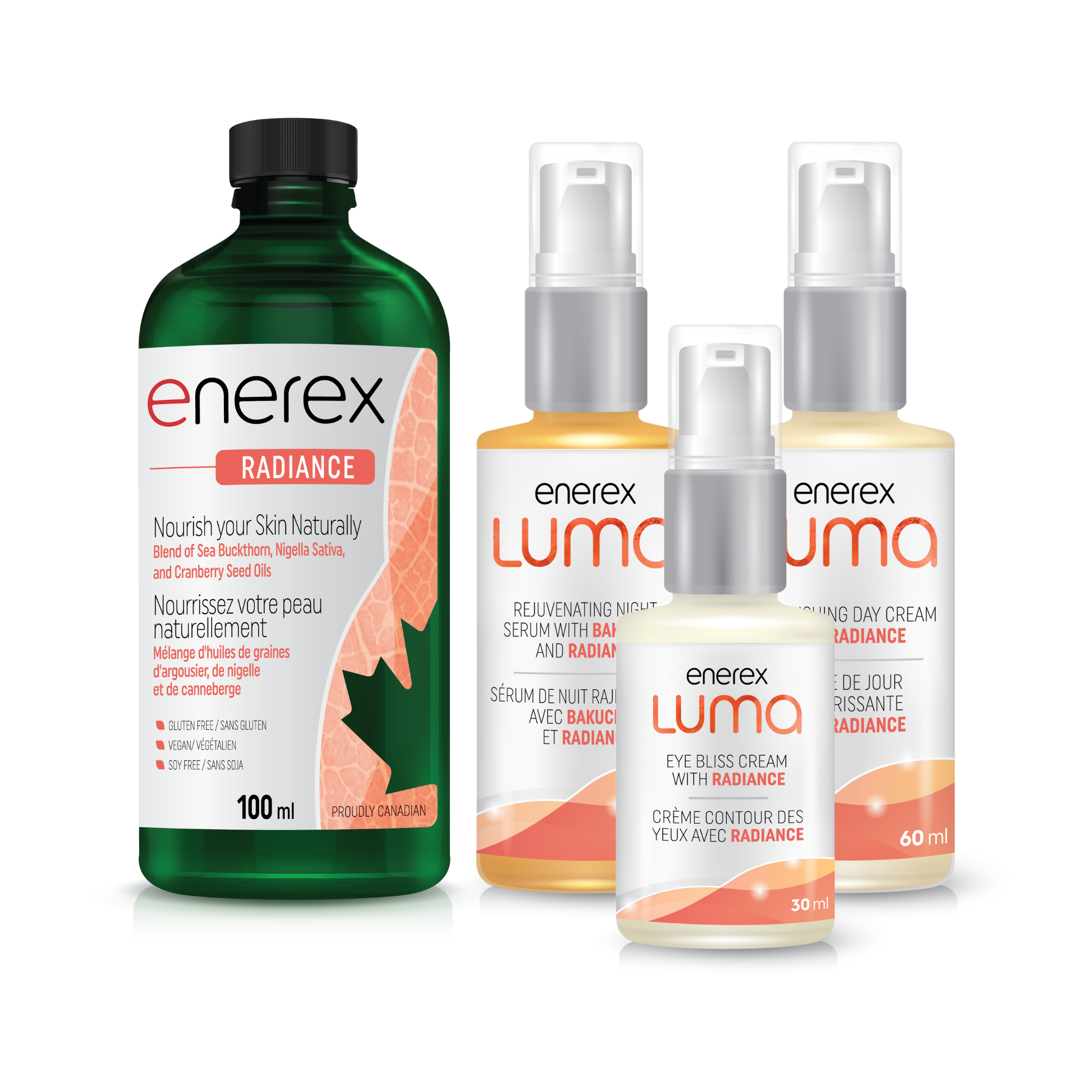
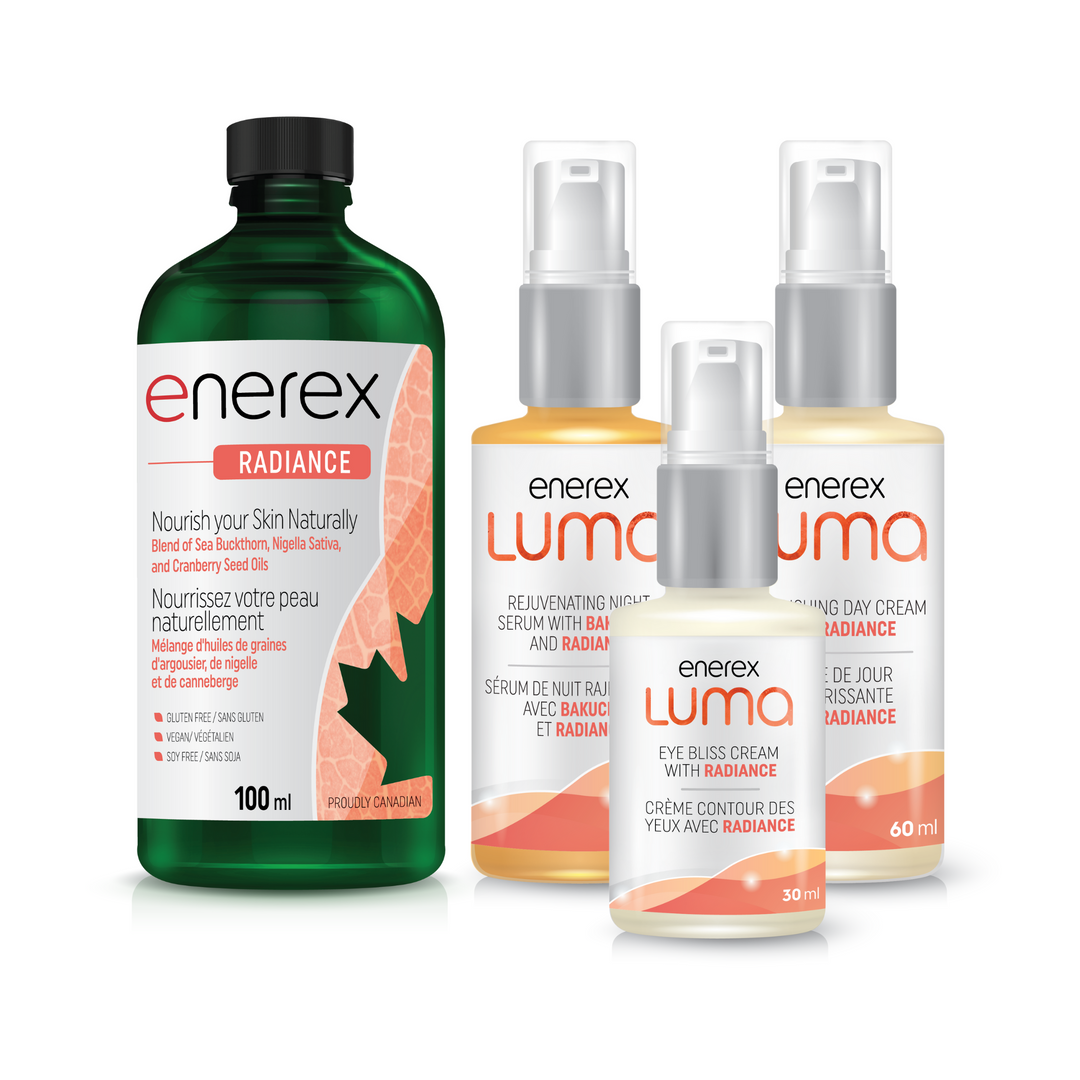
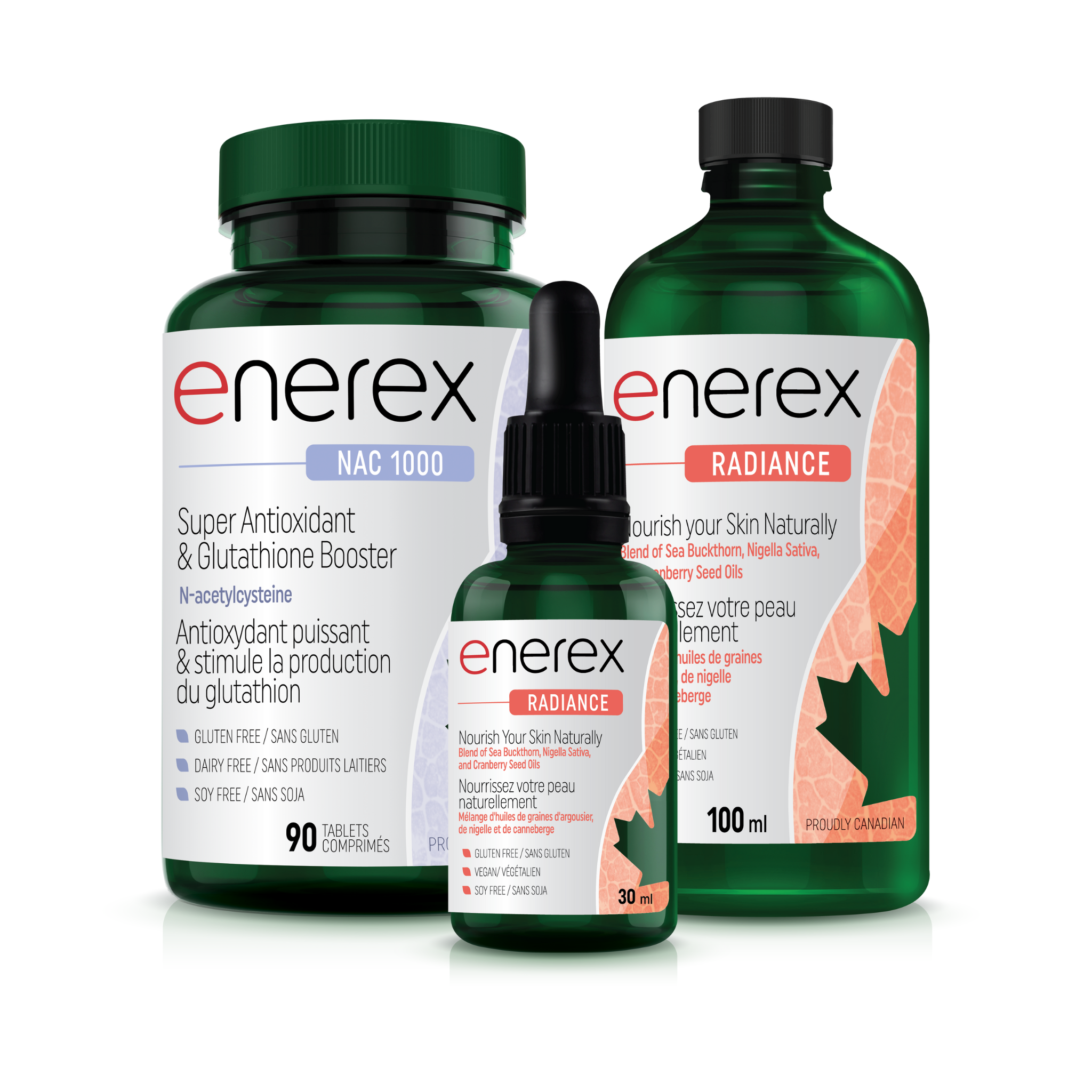
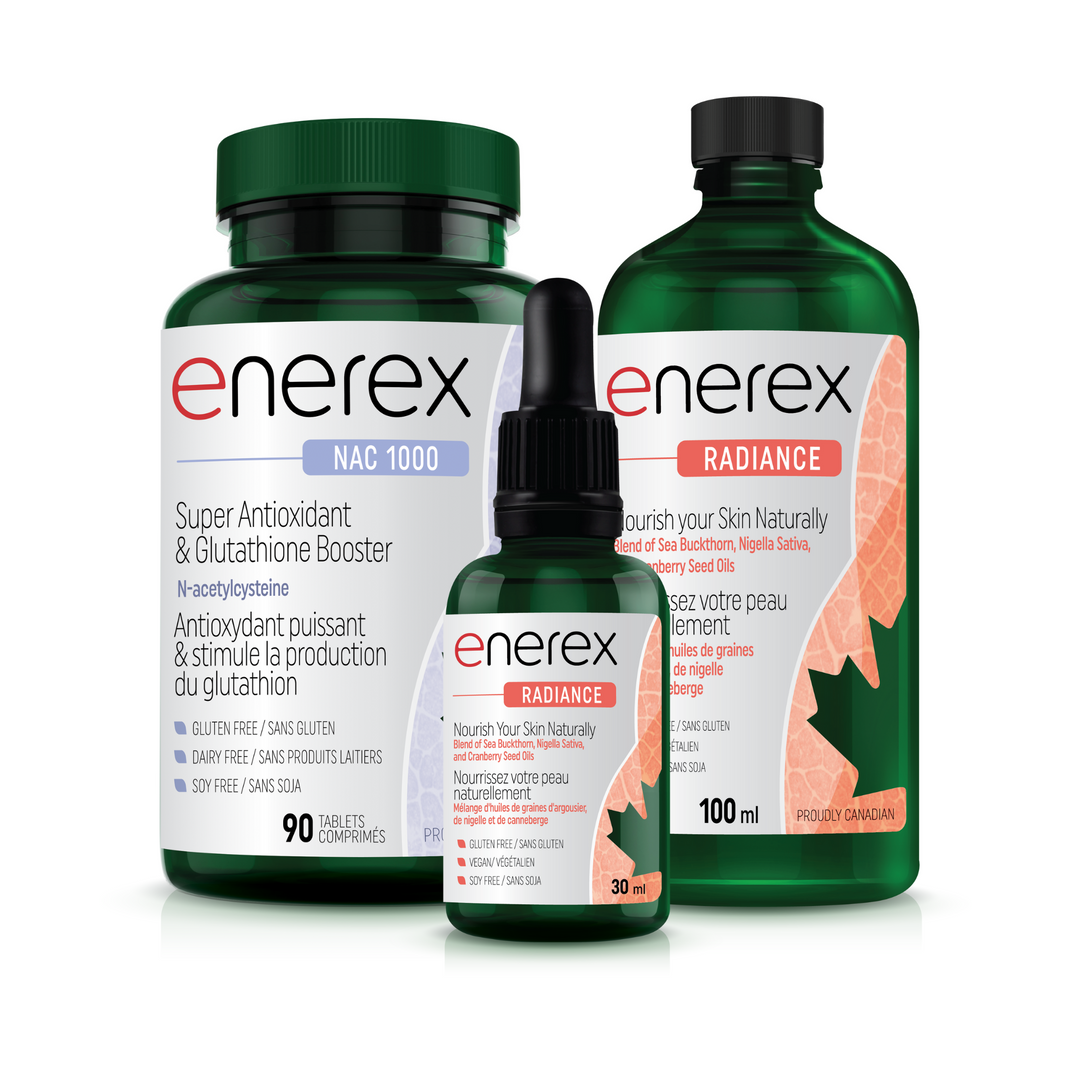
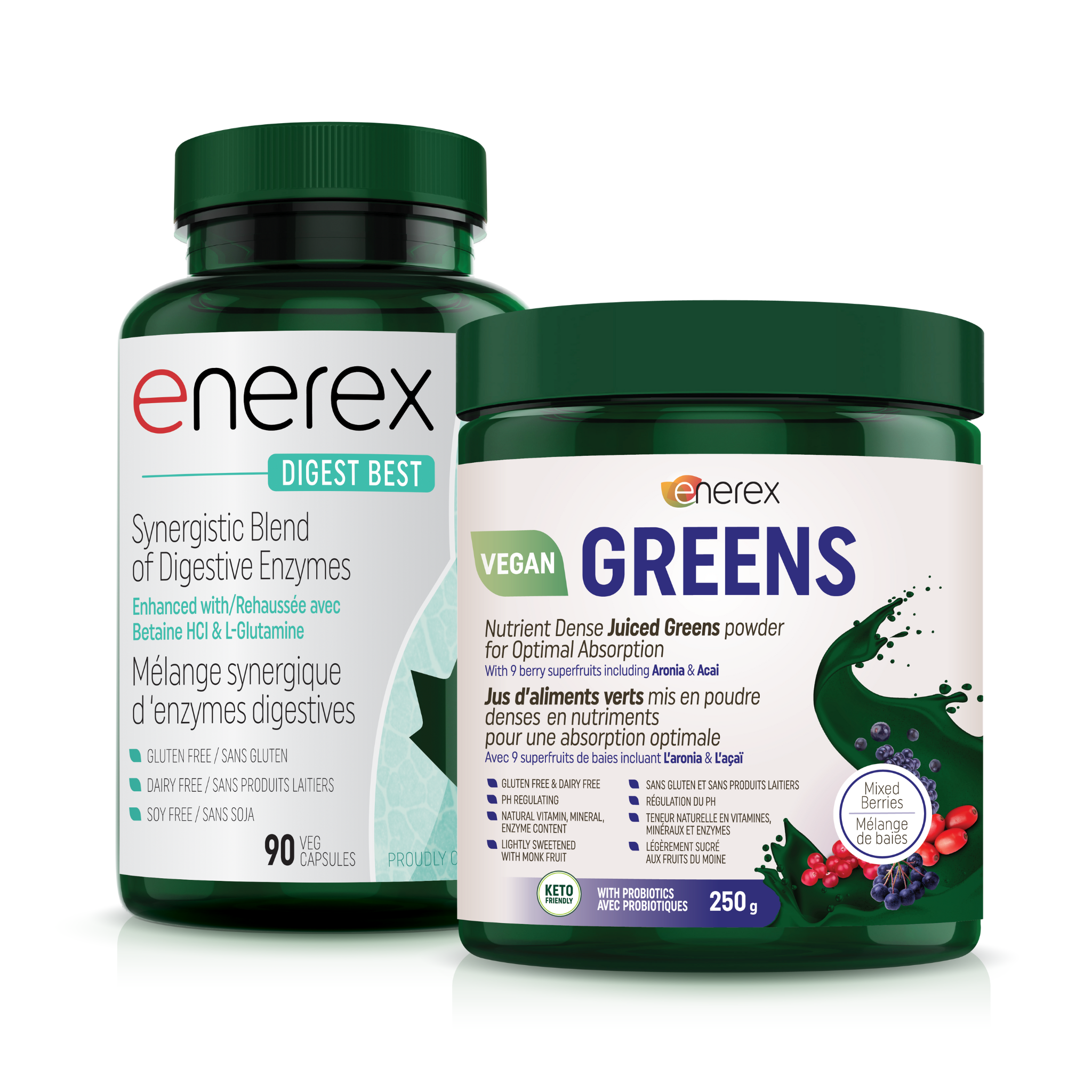
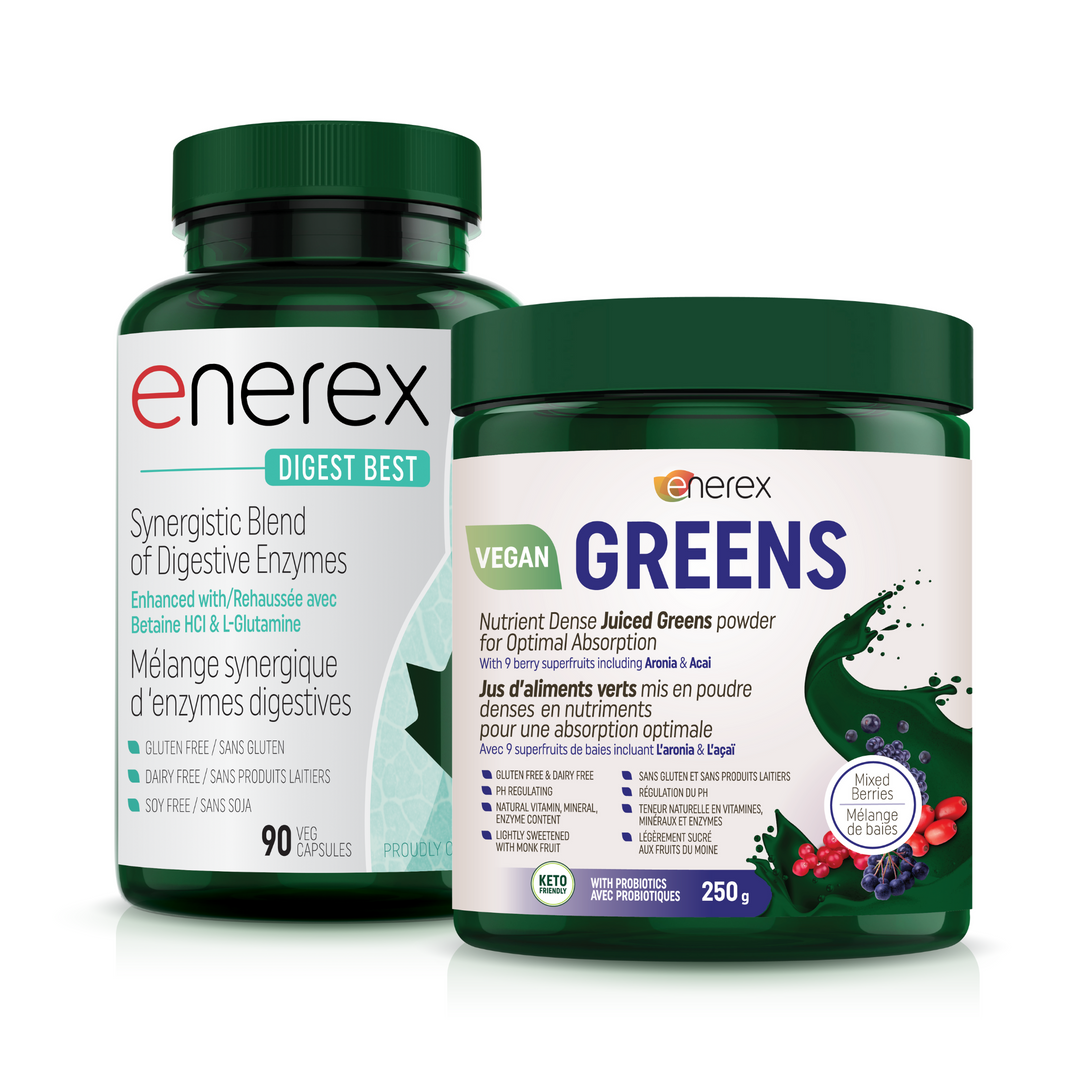
Leave a comment